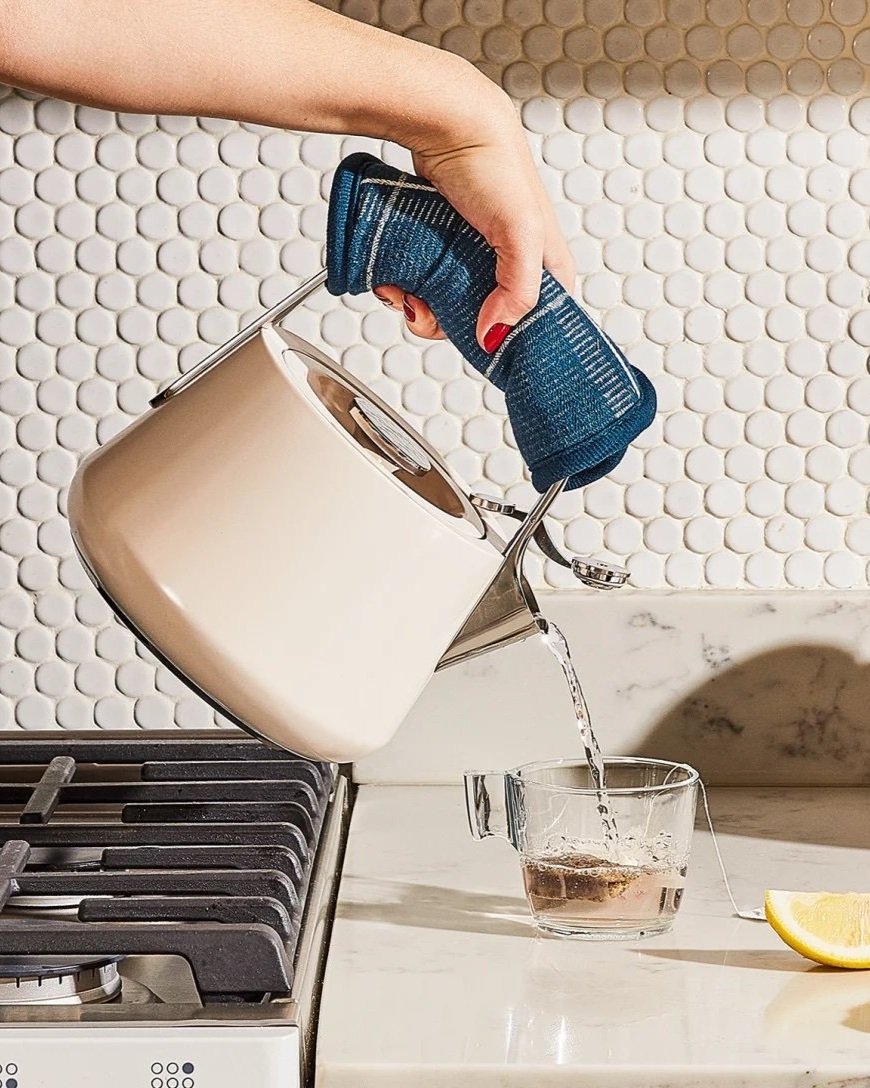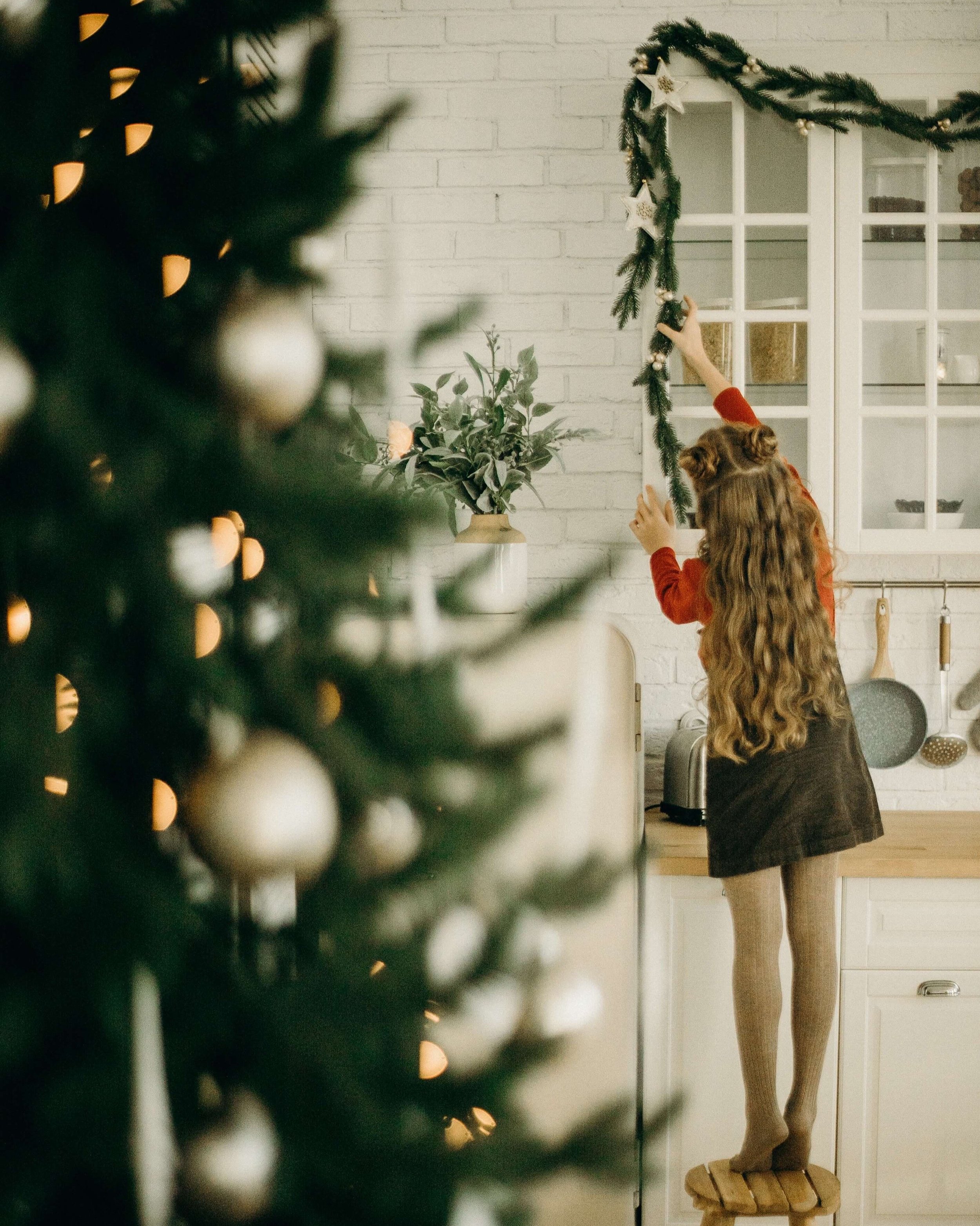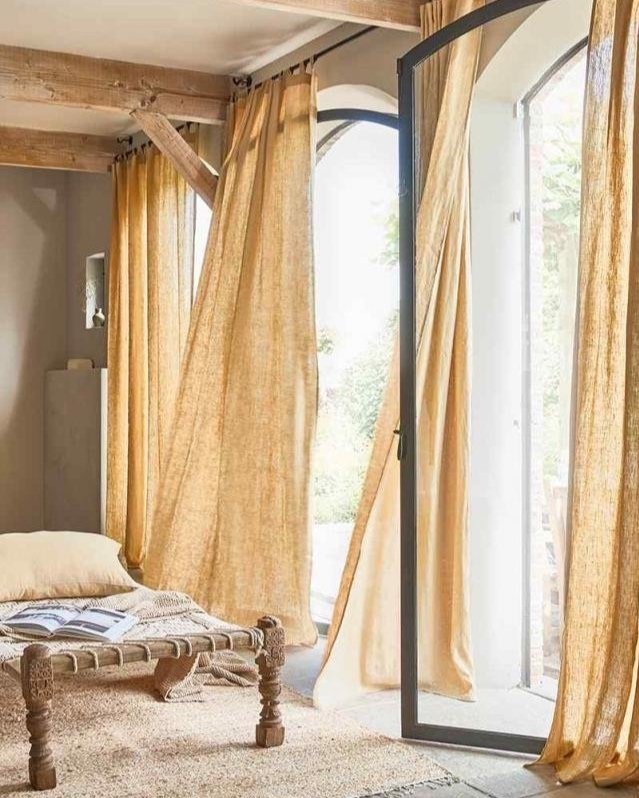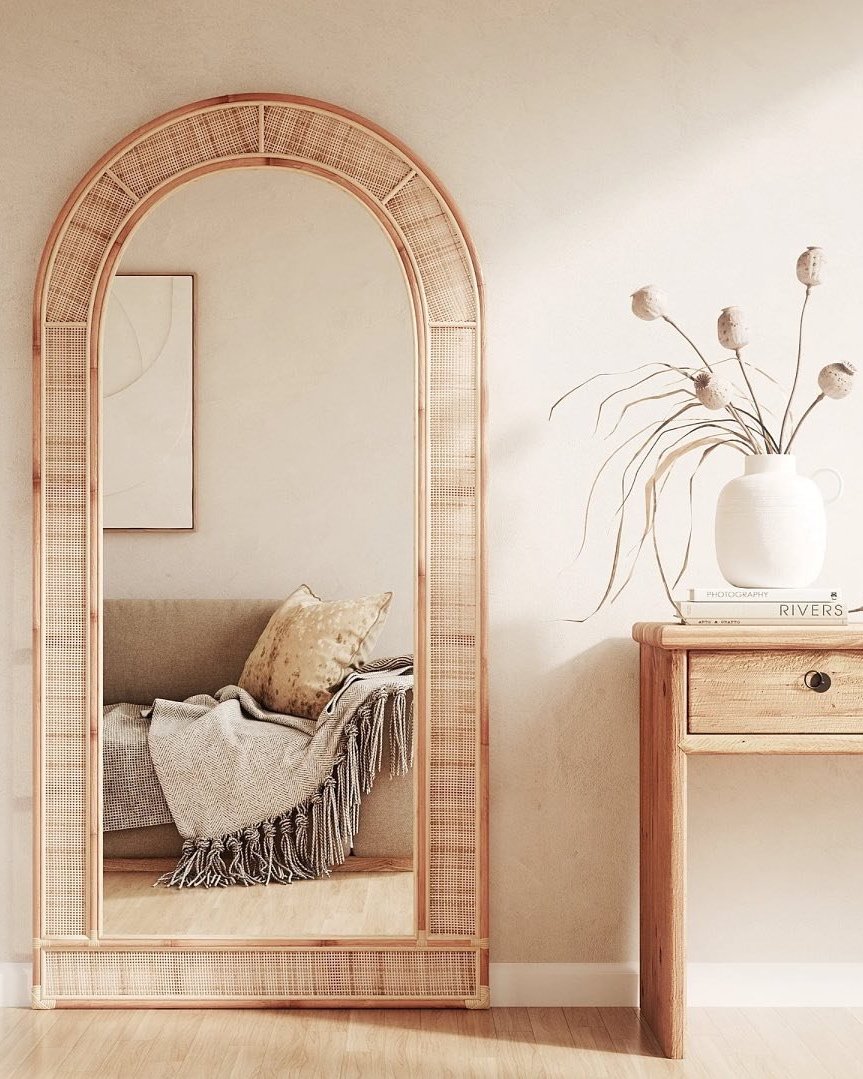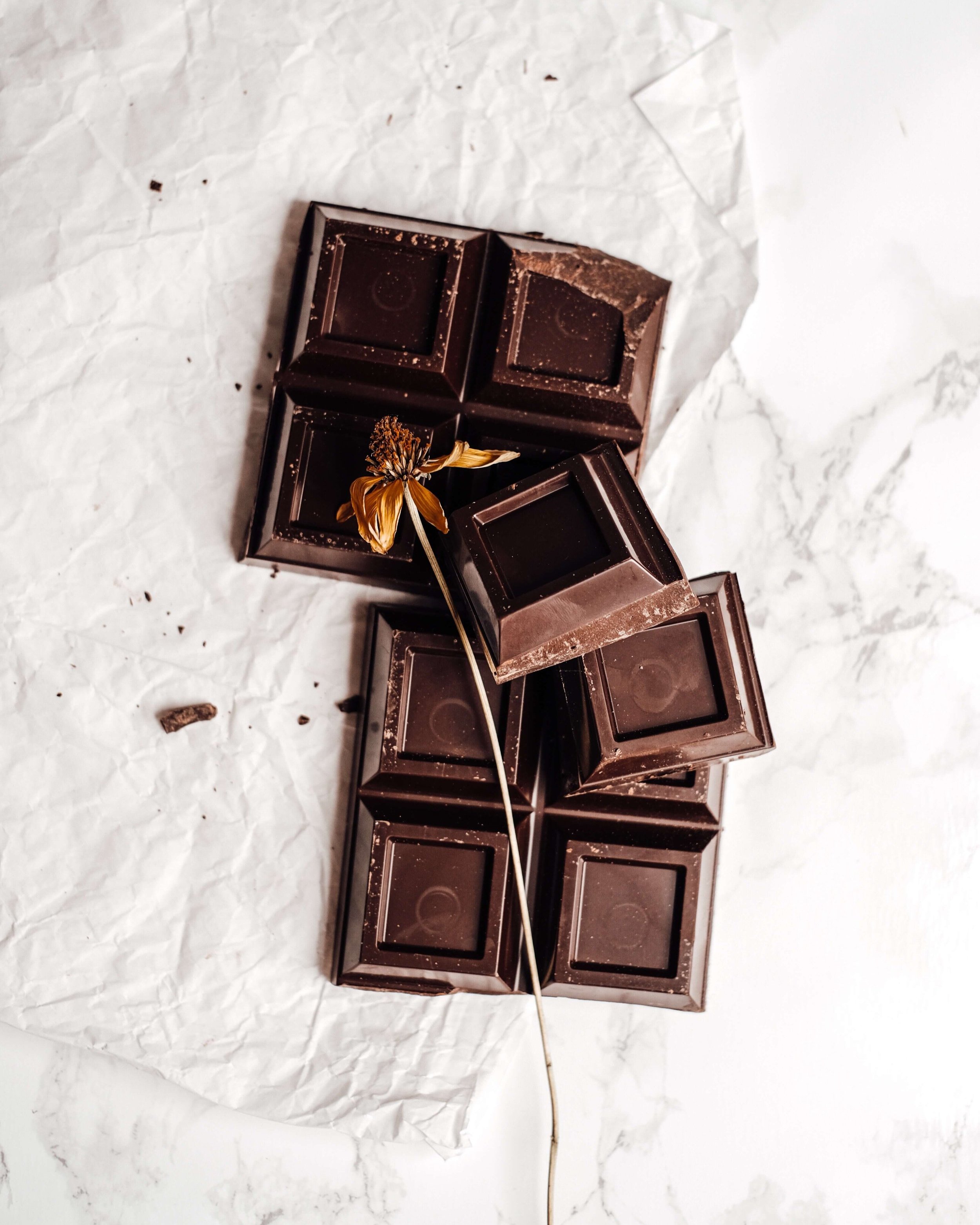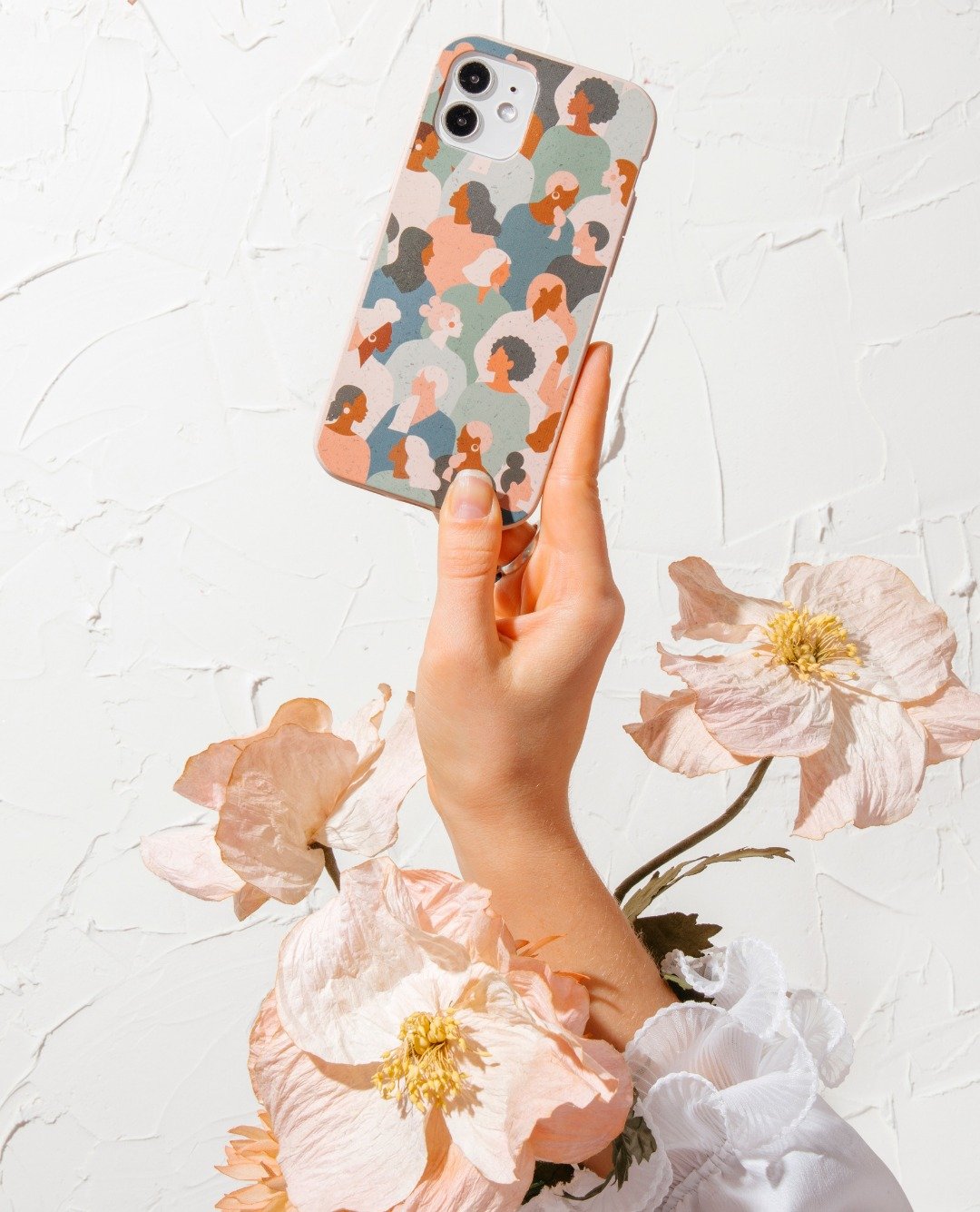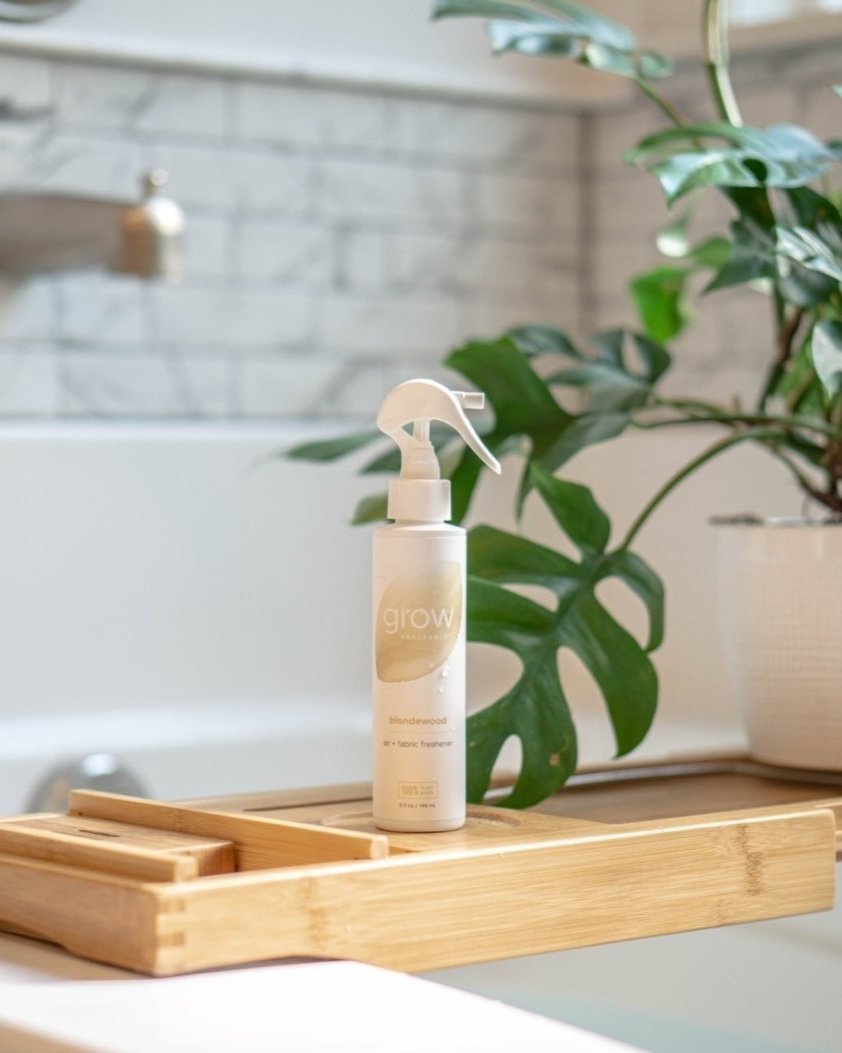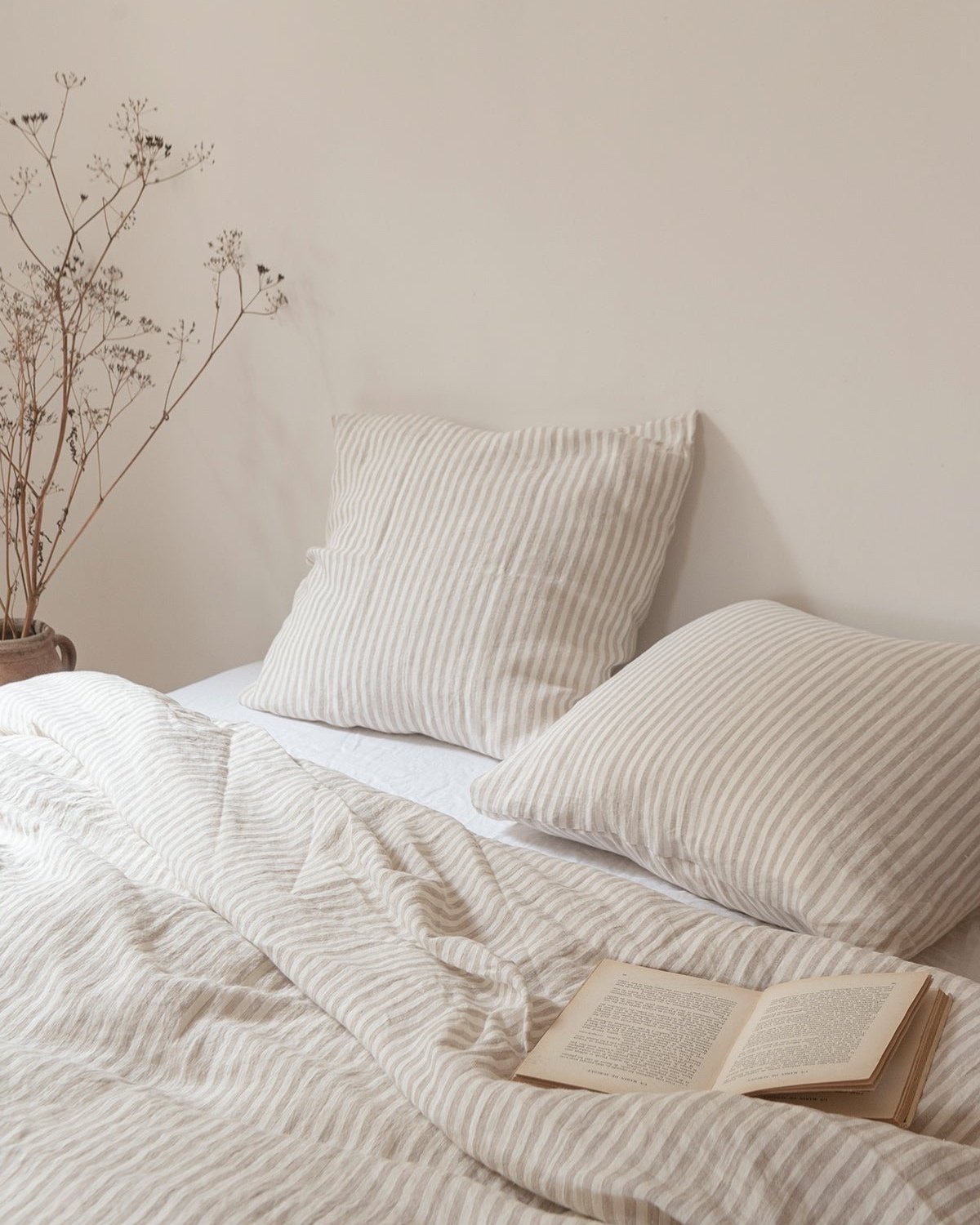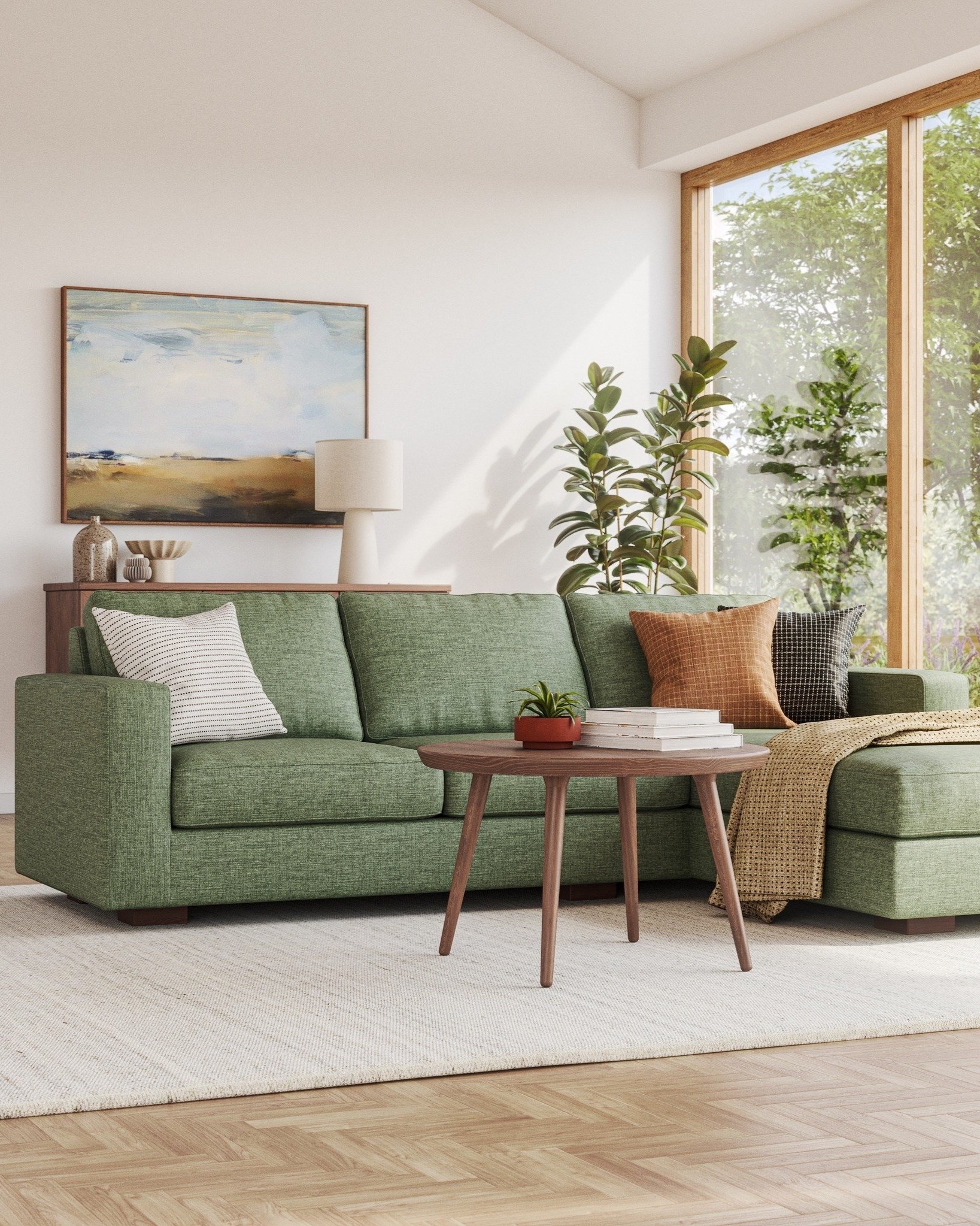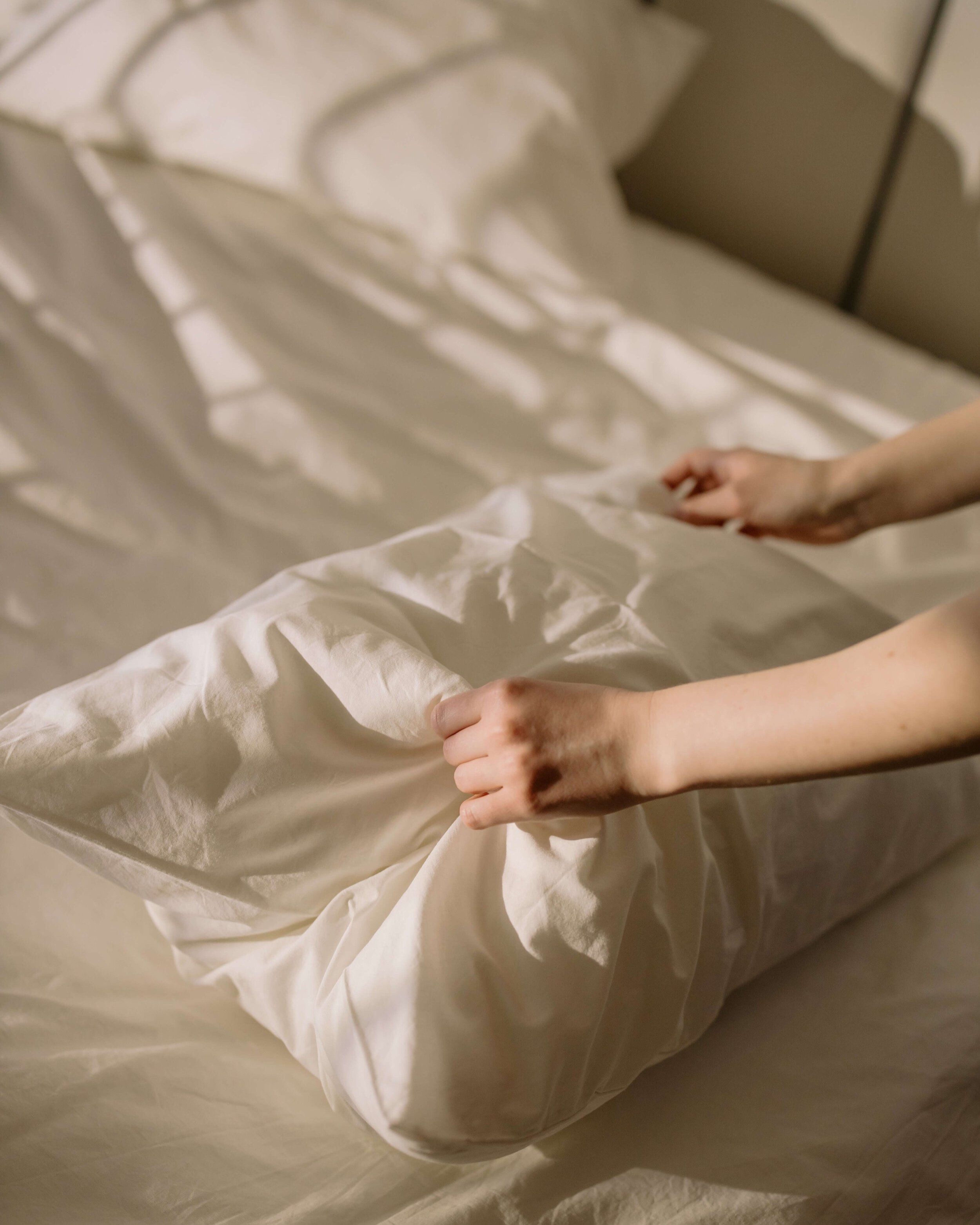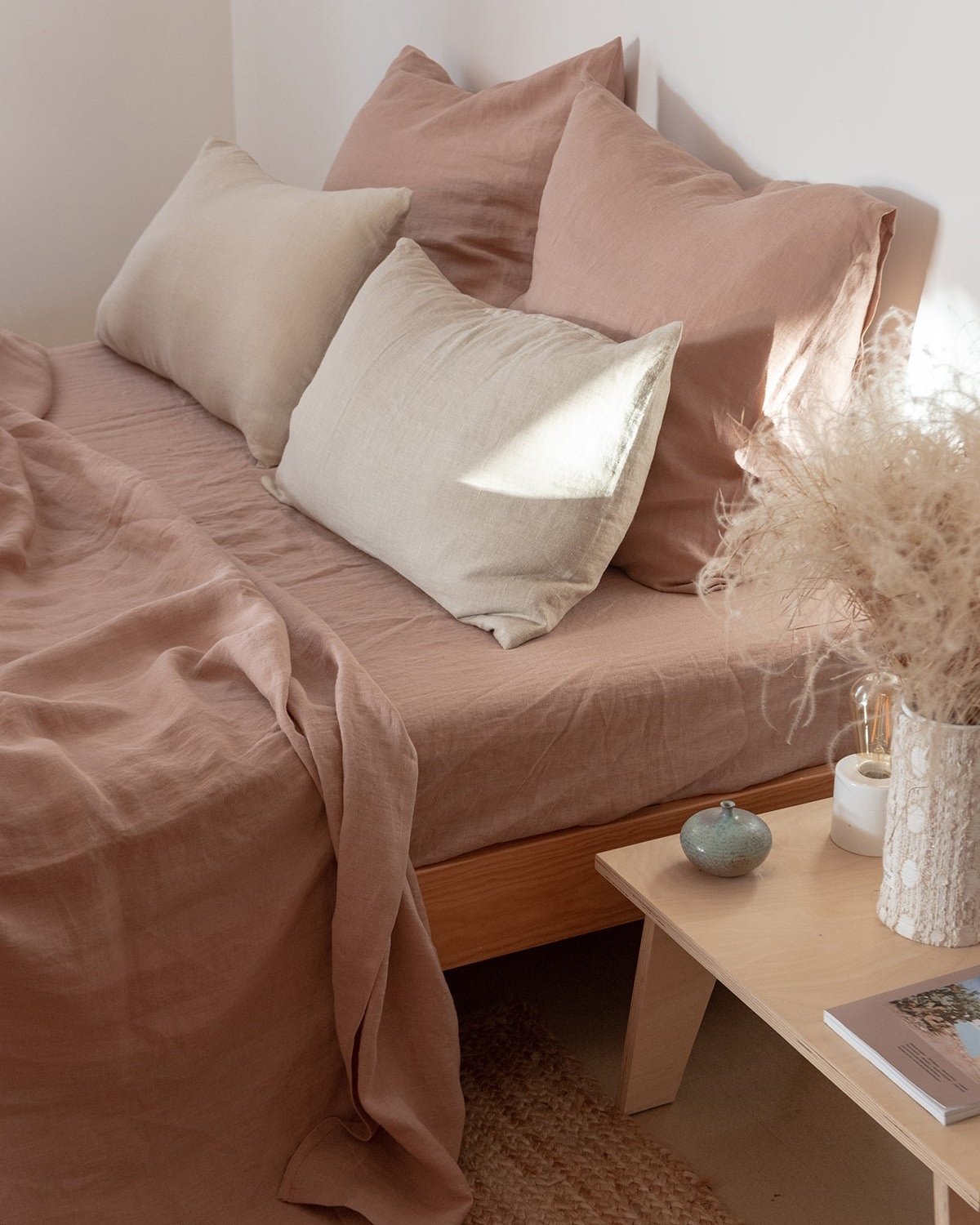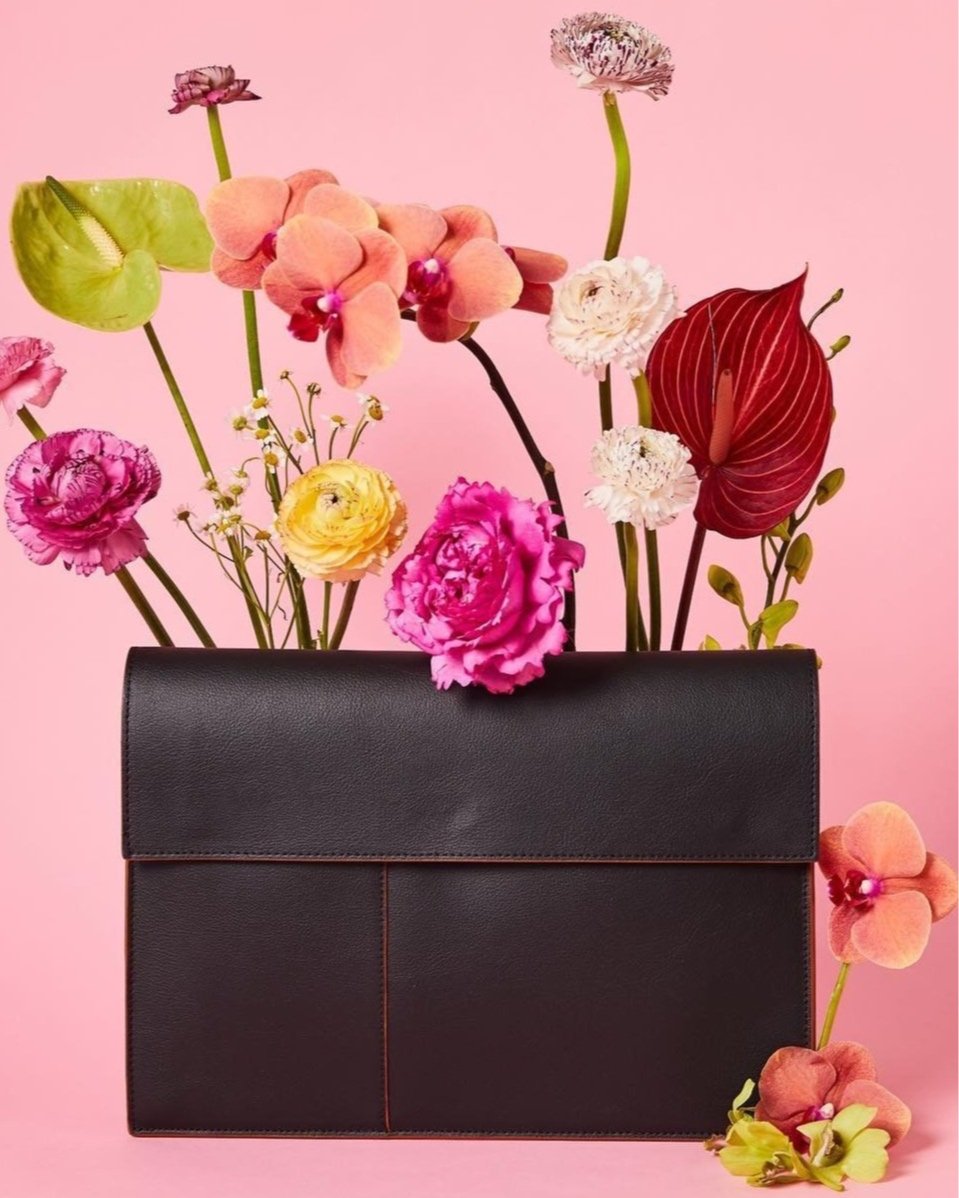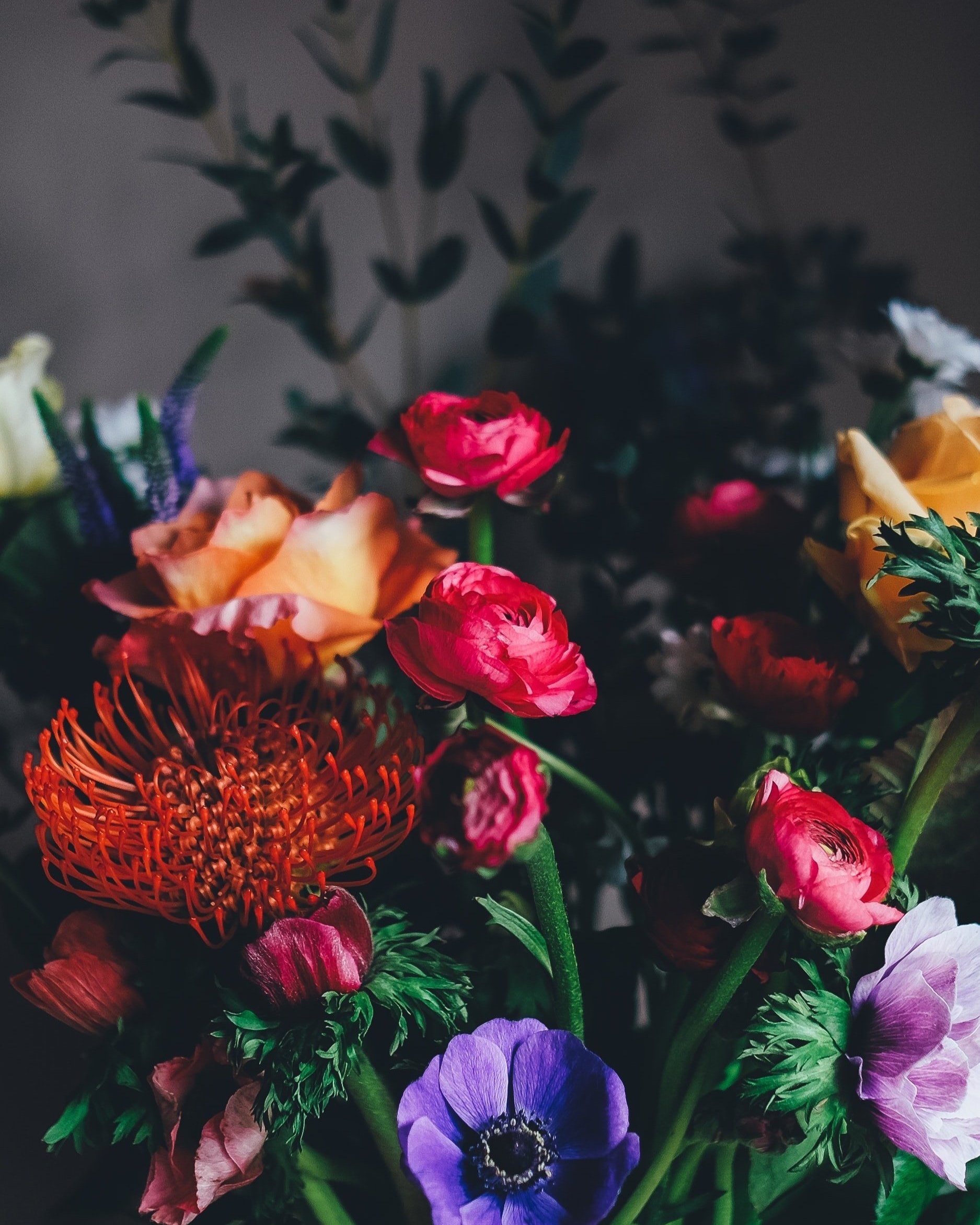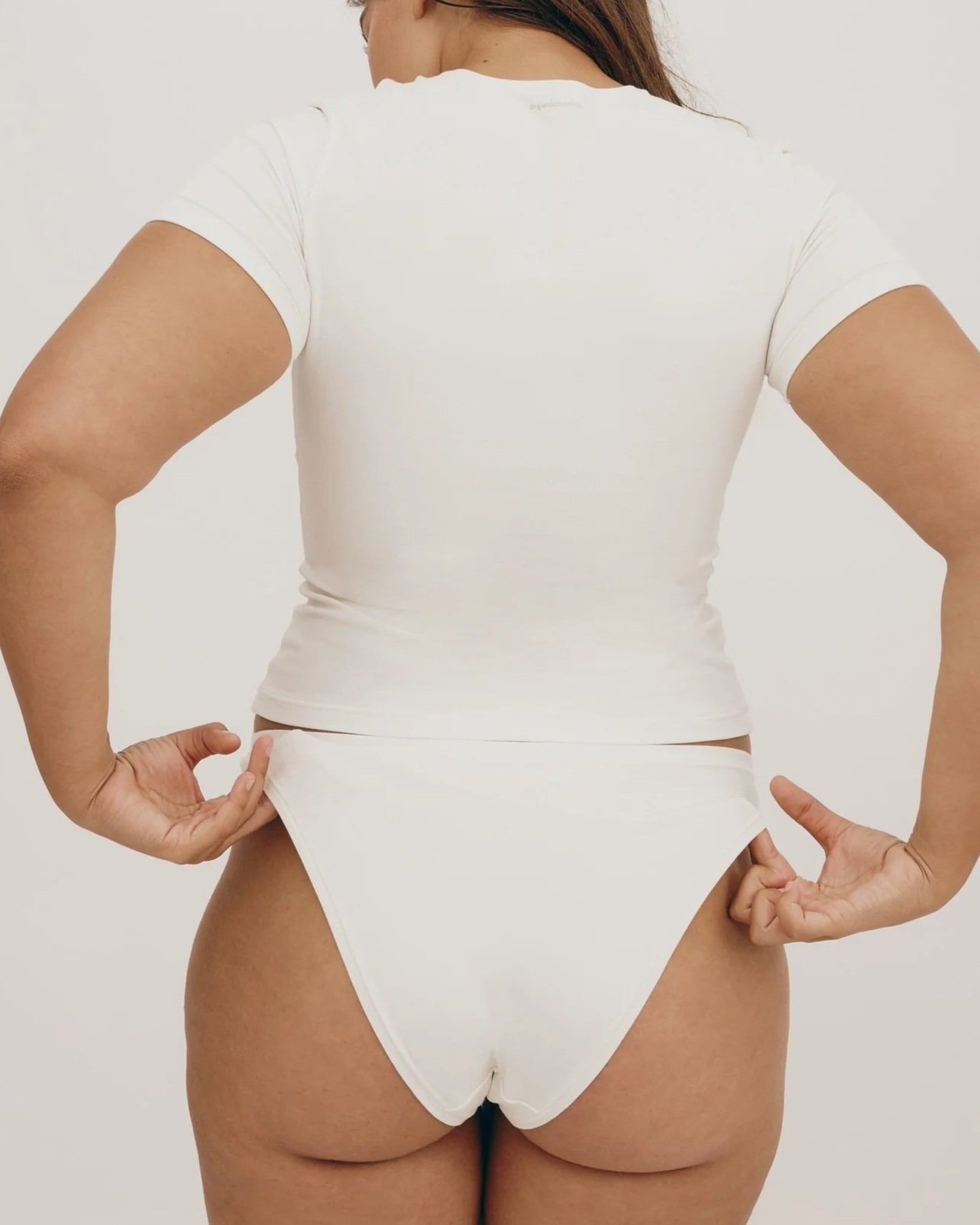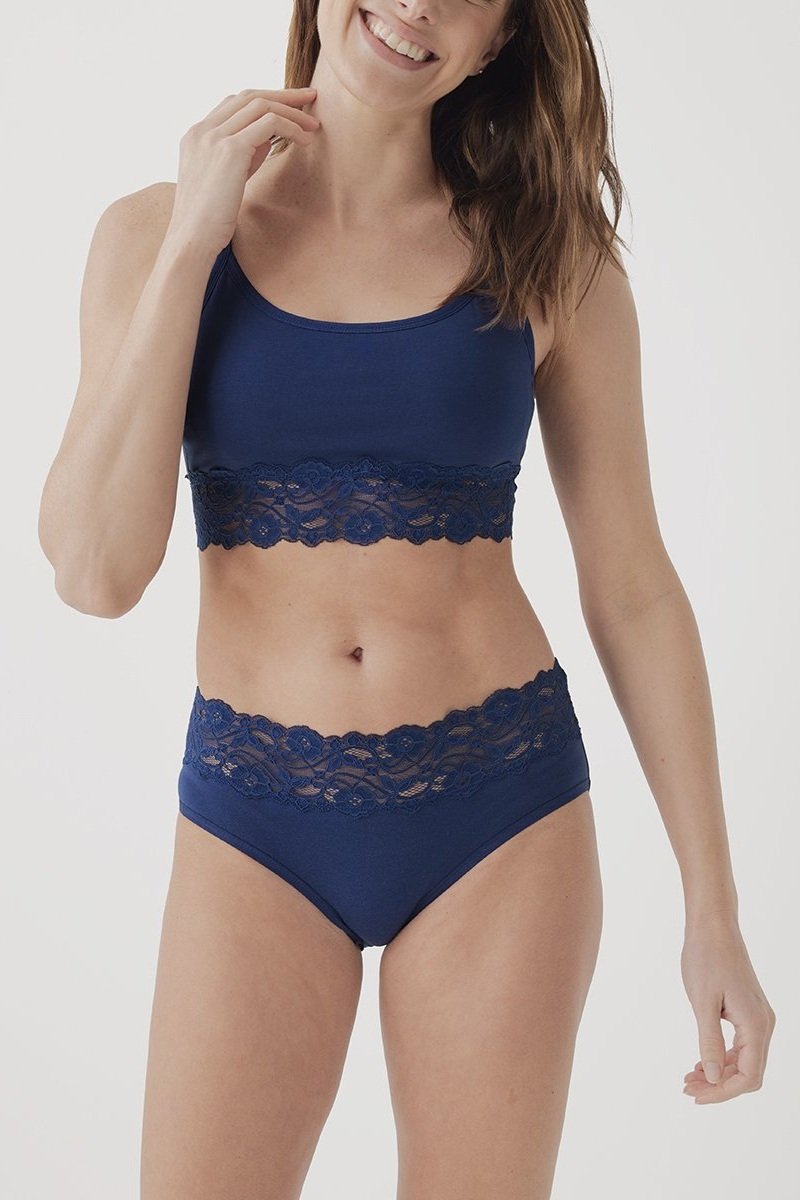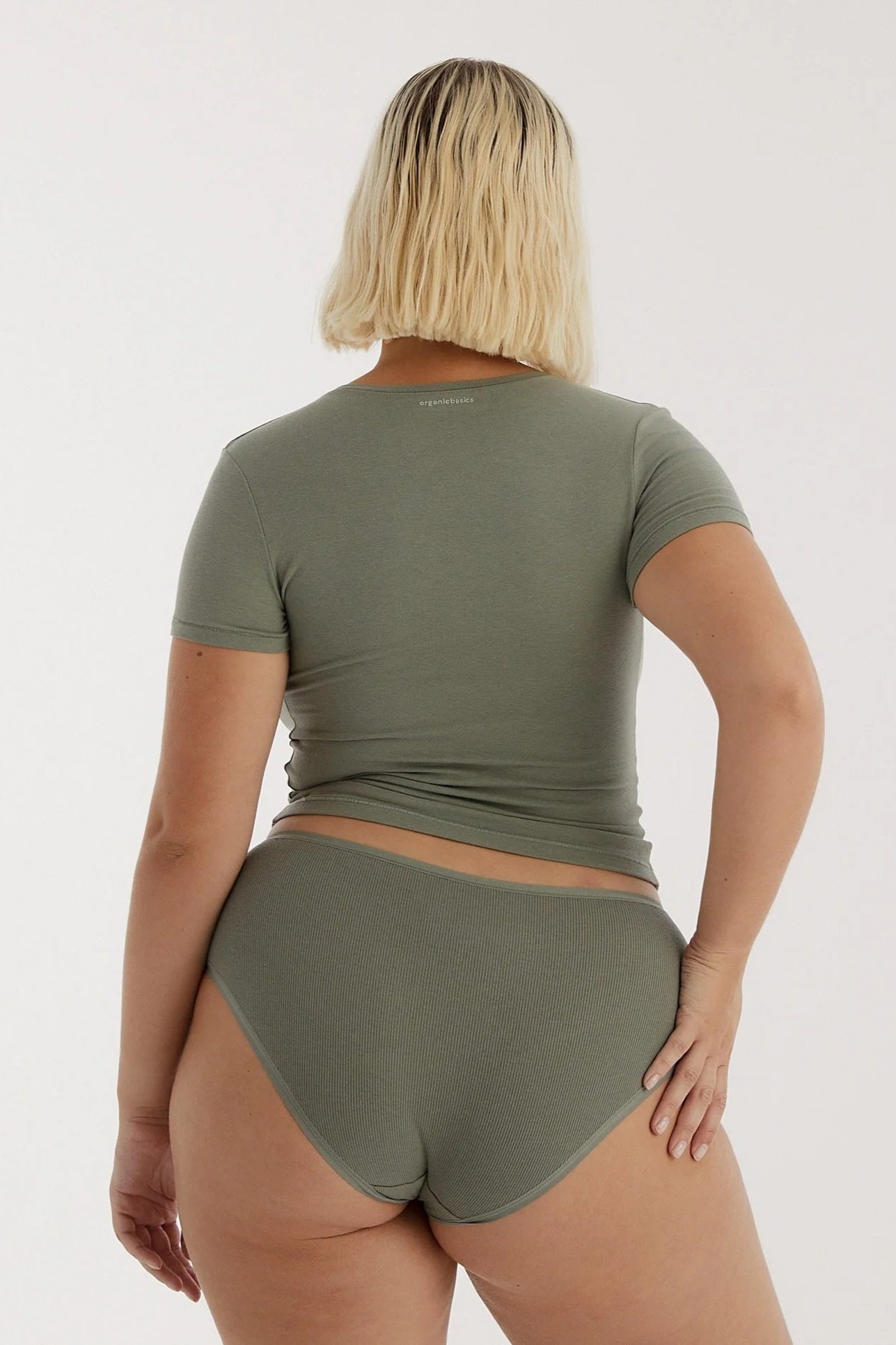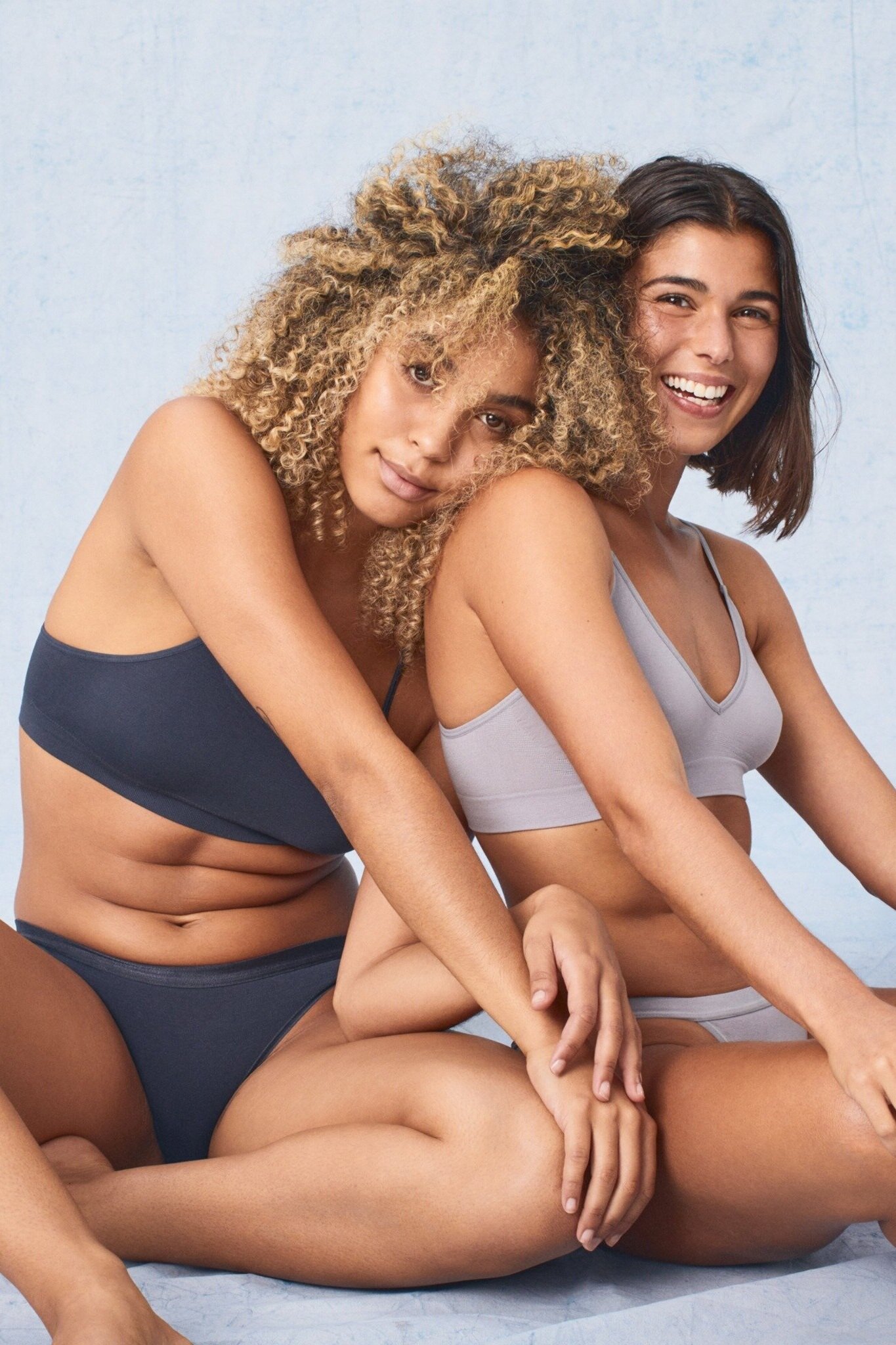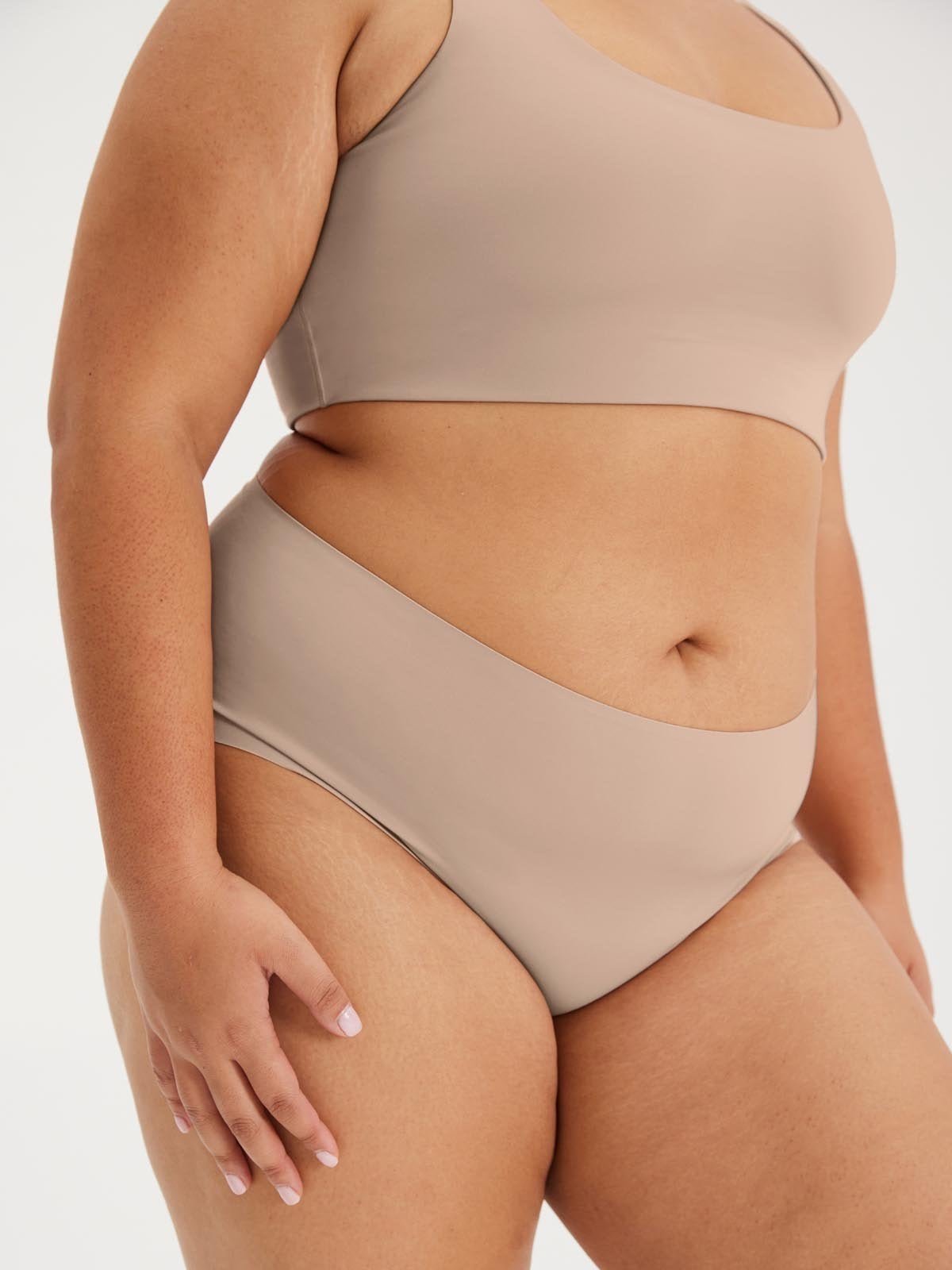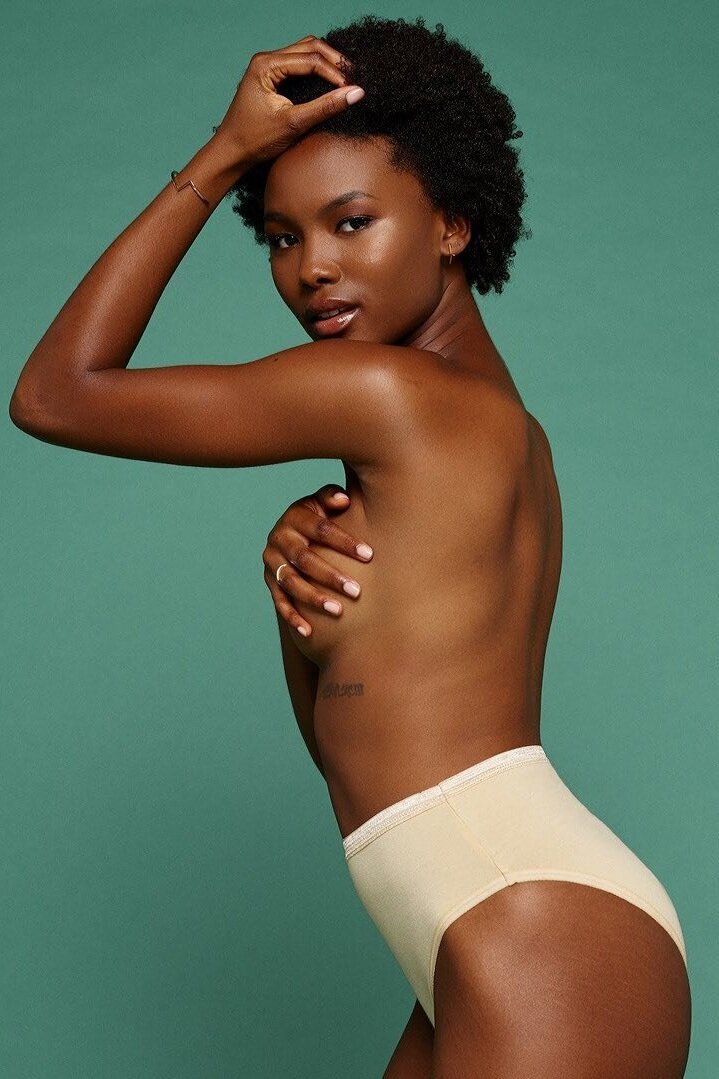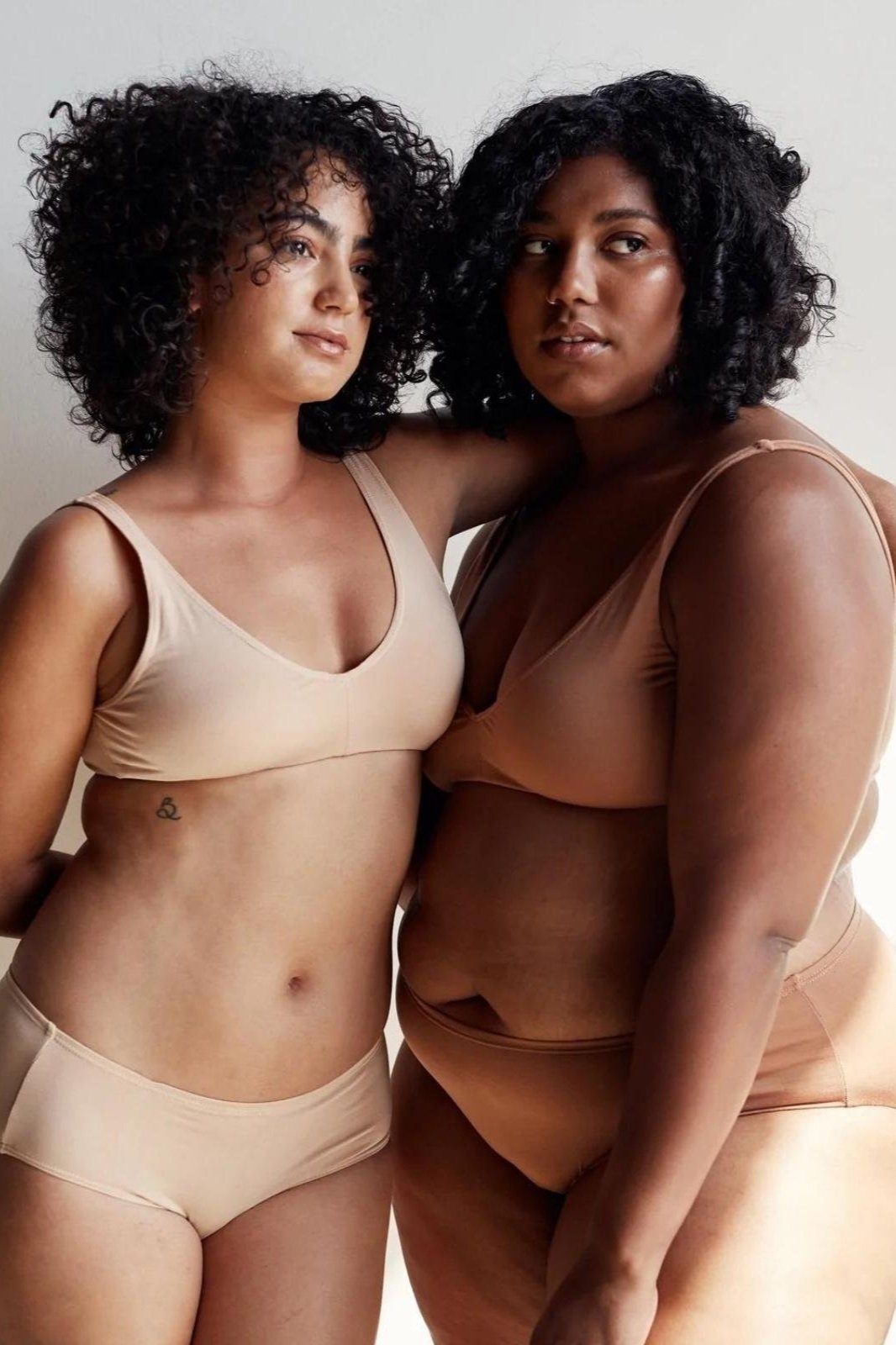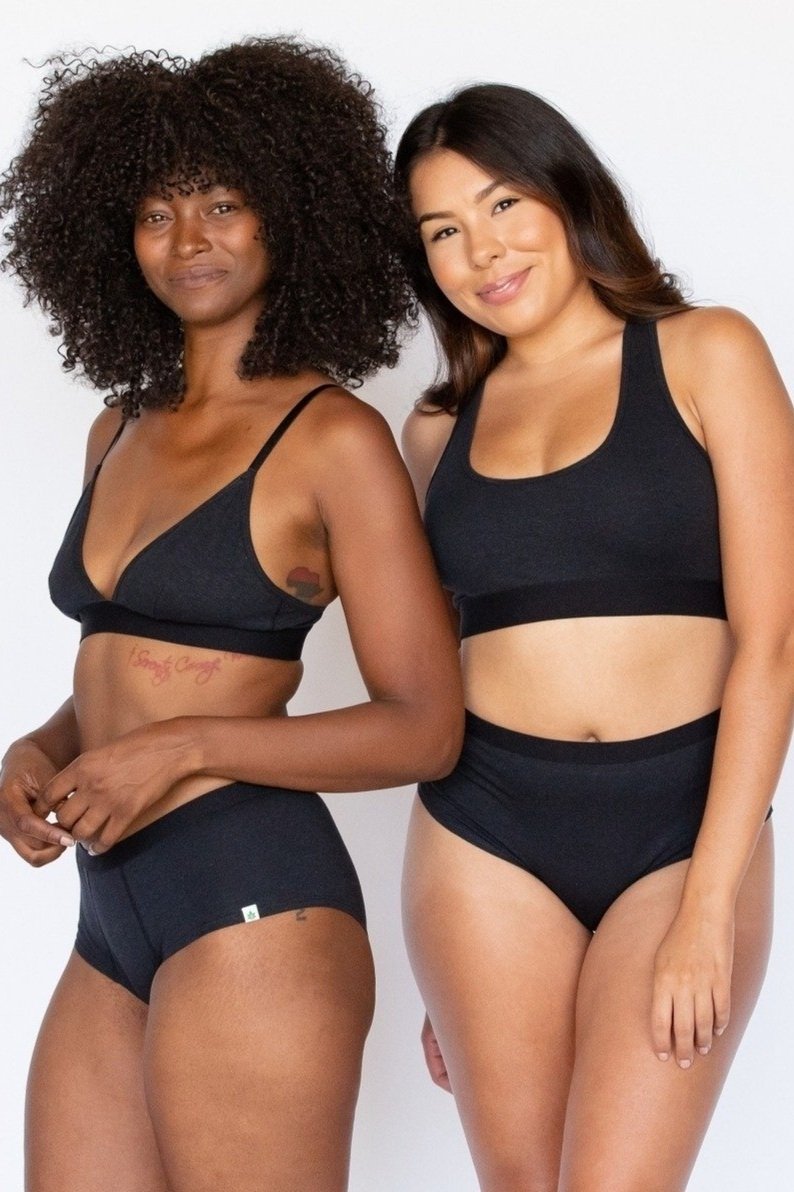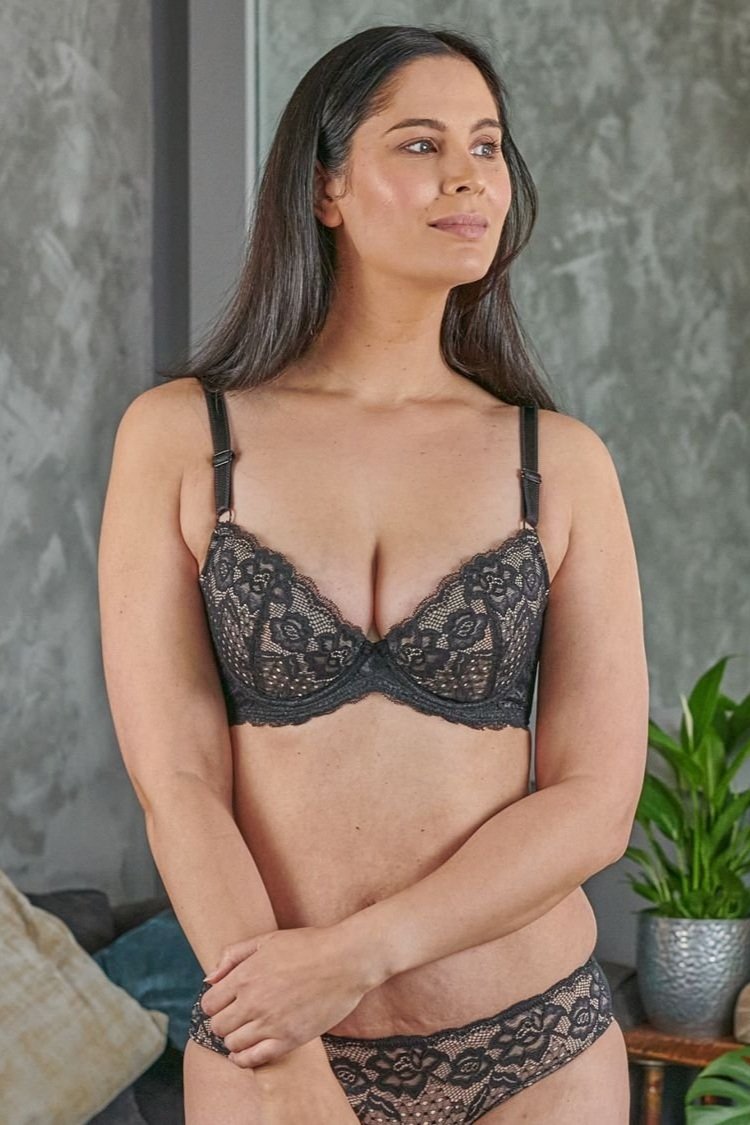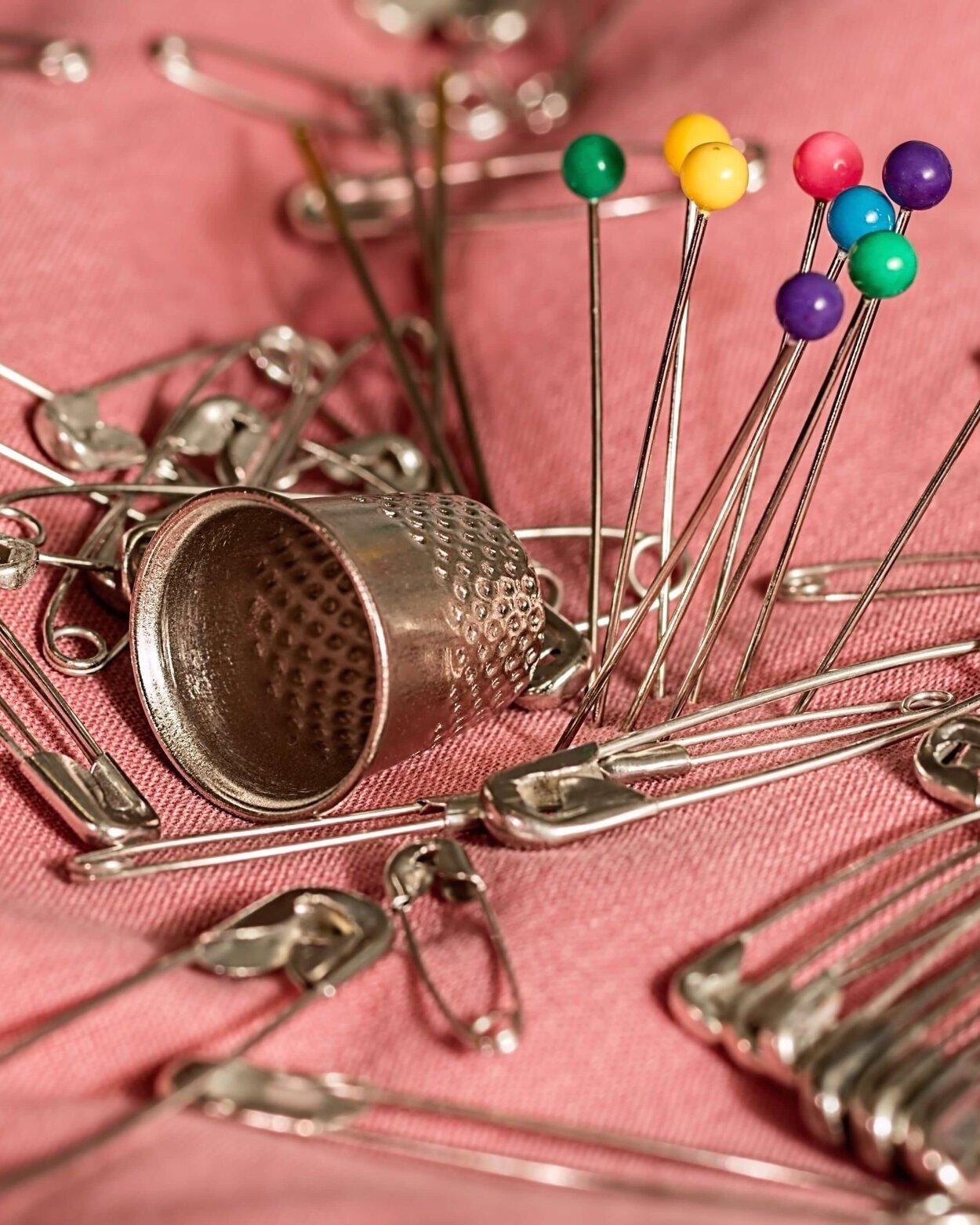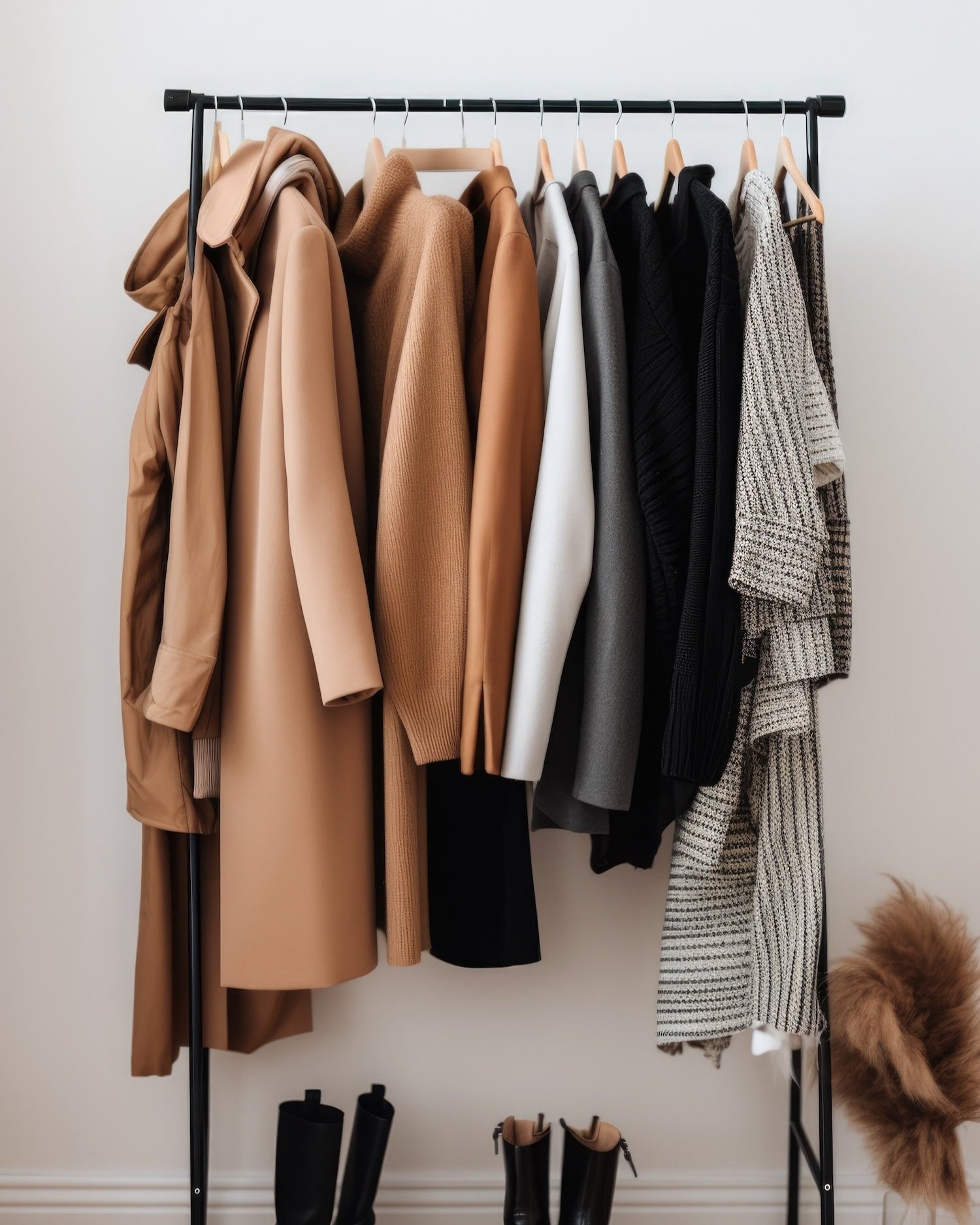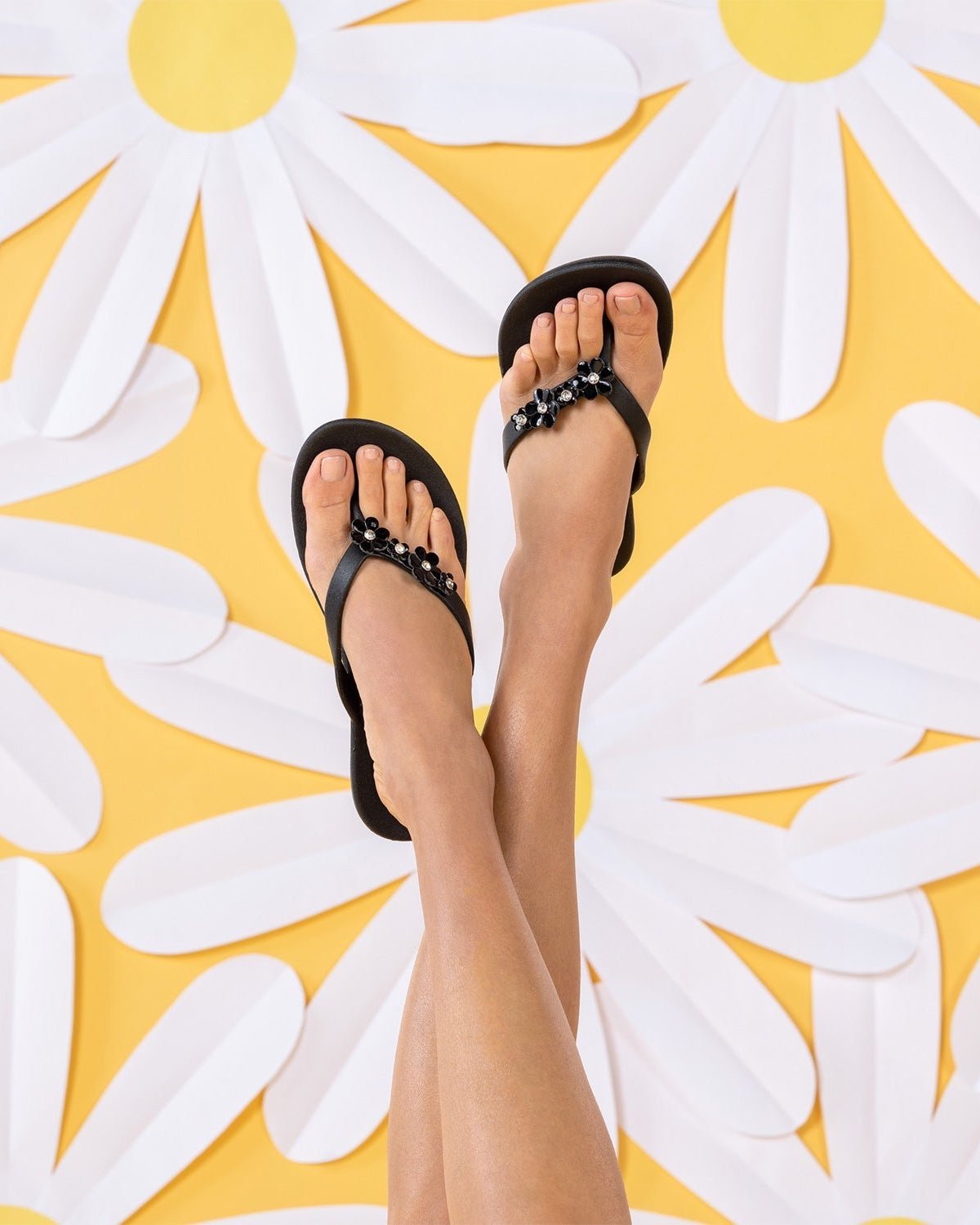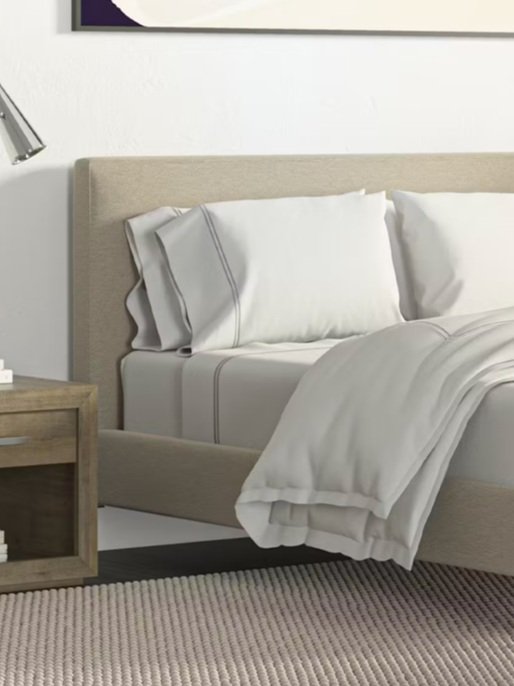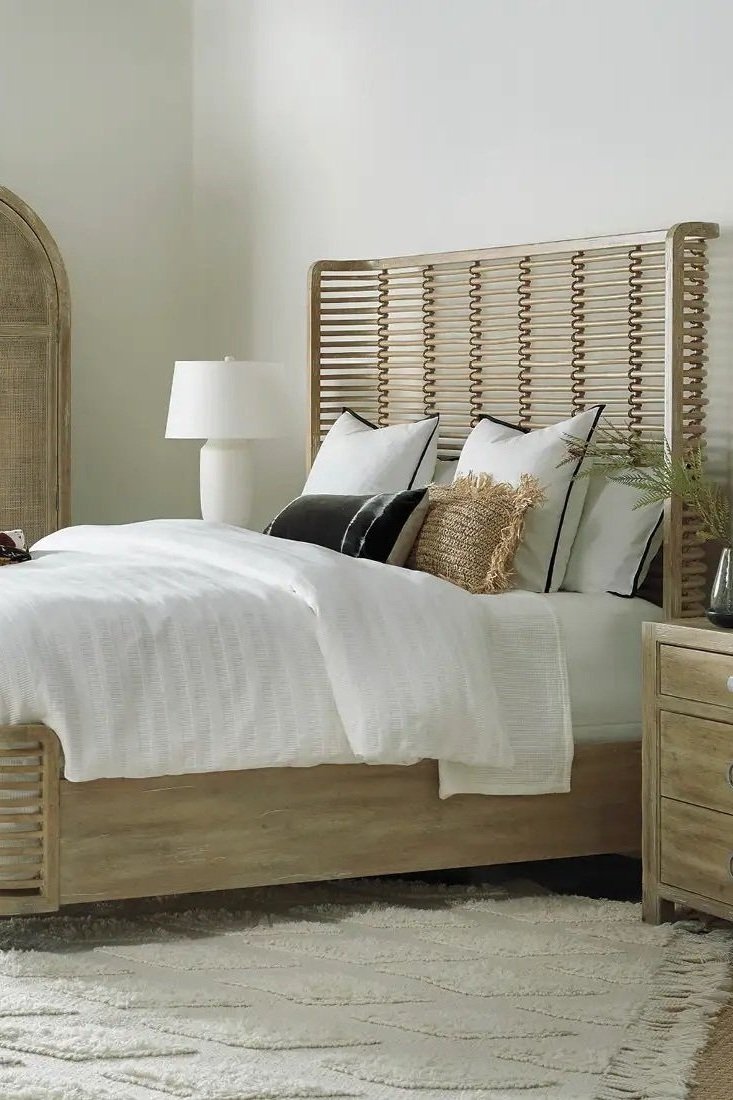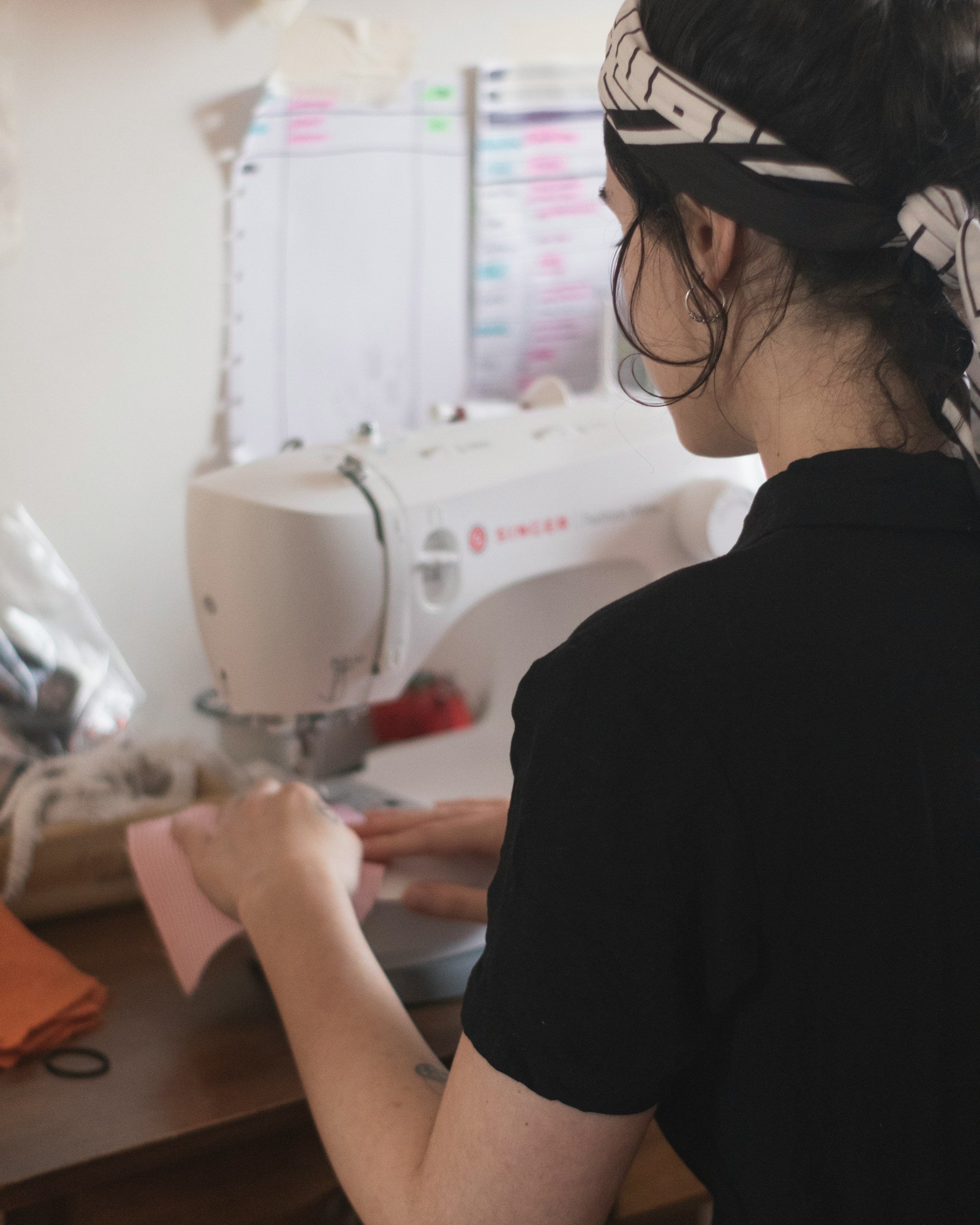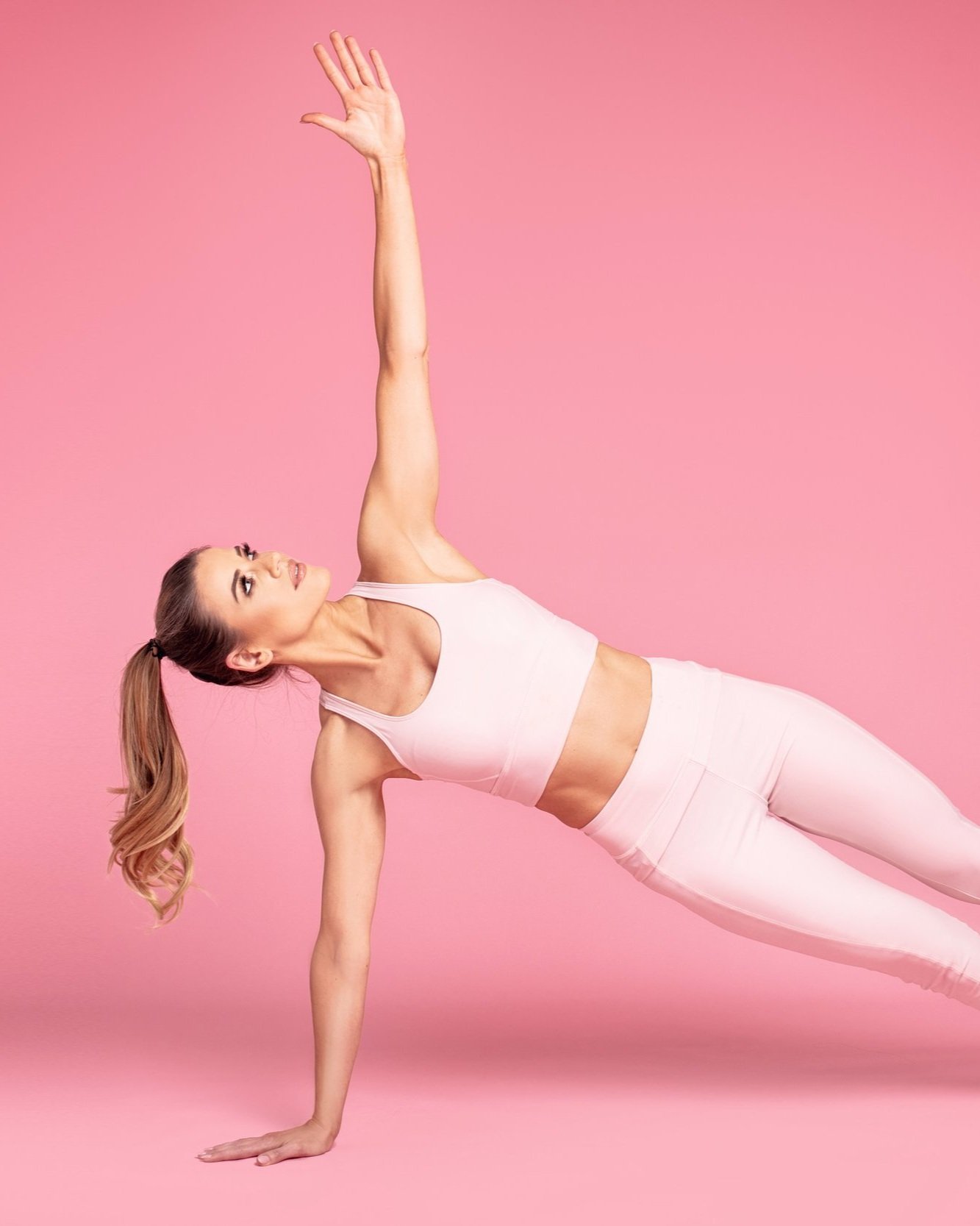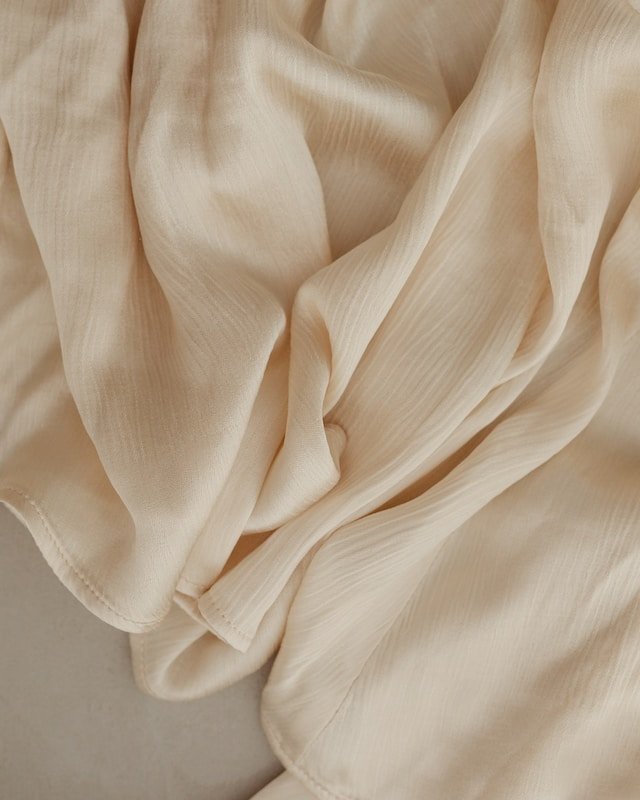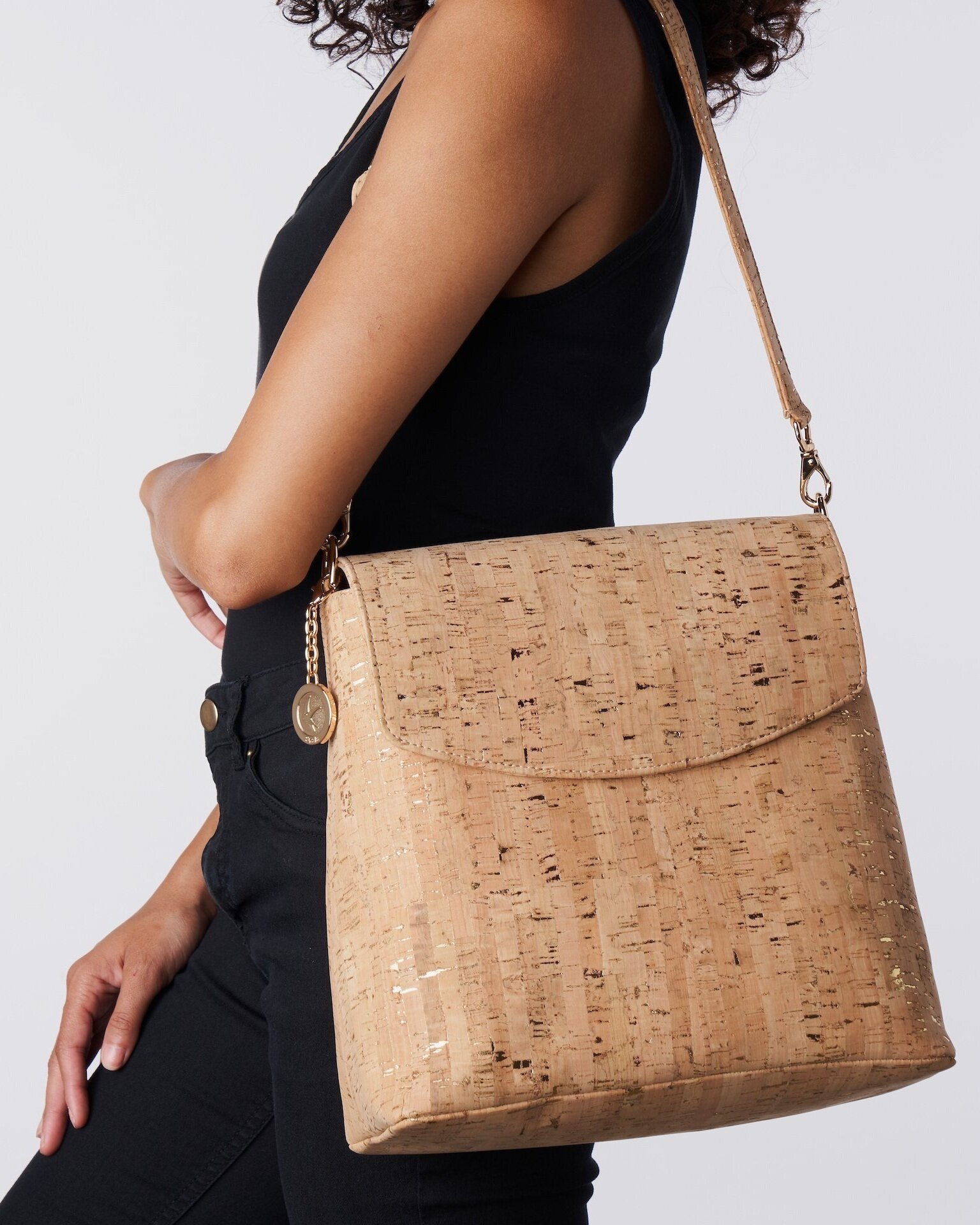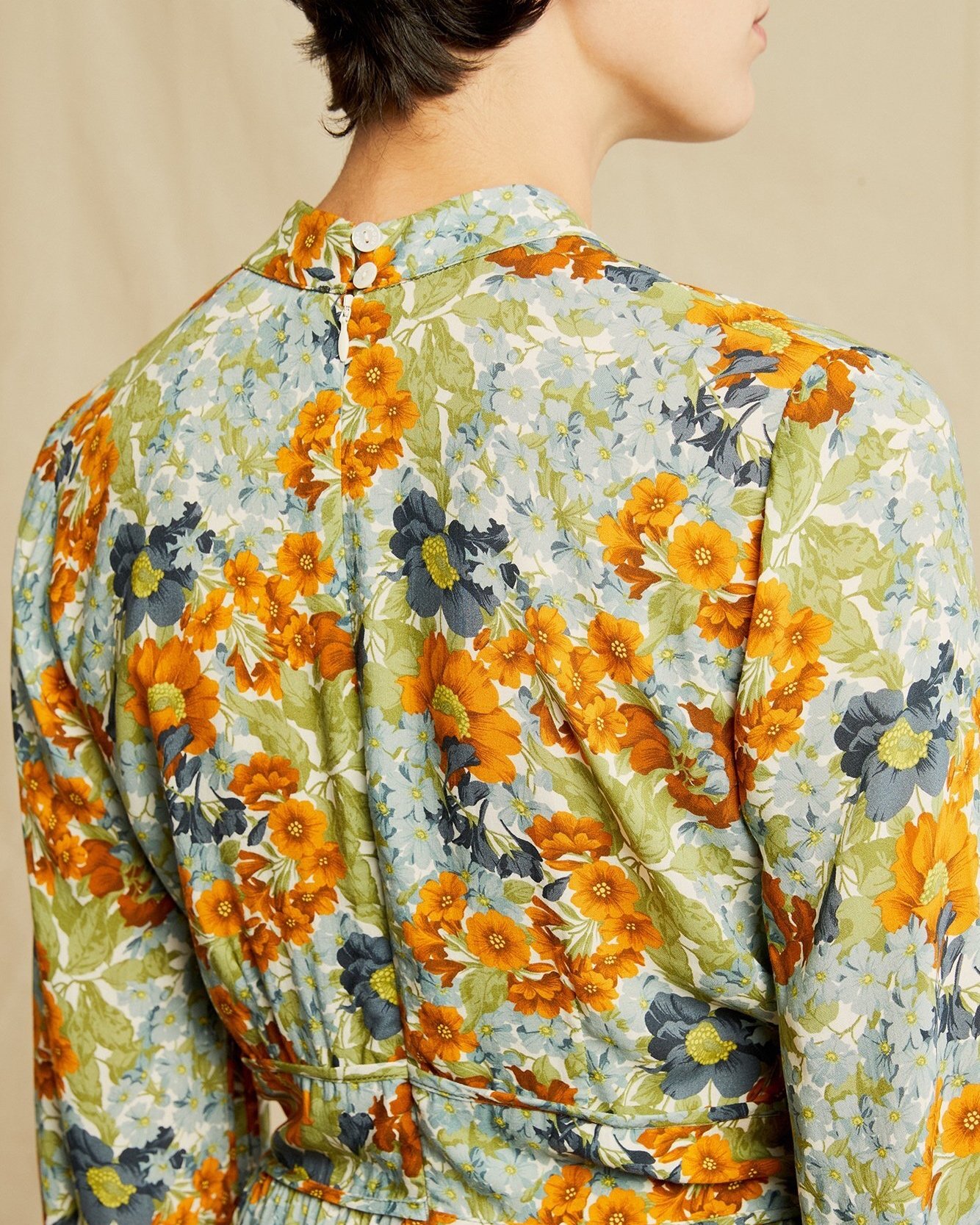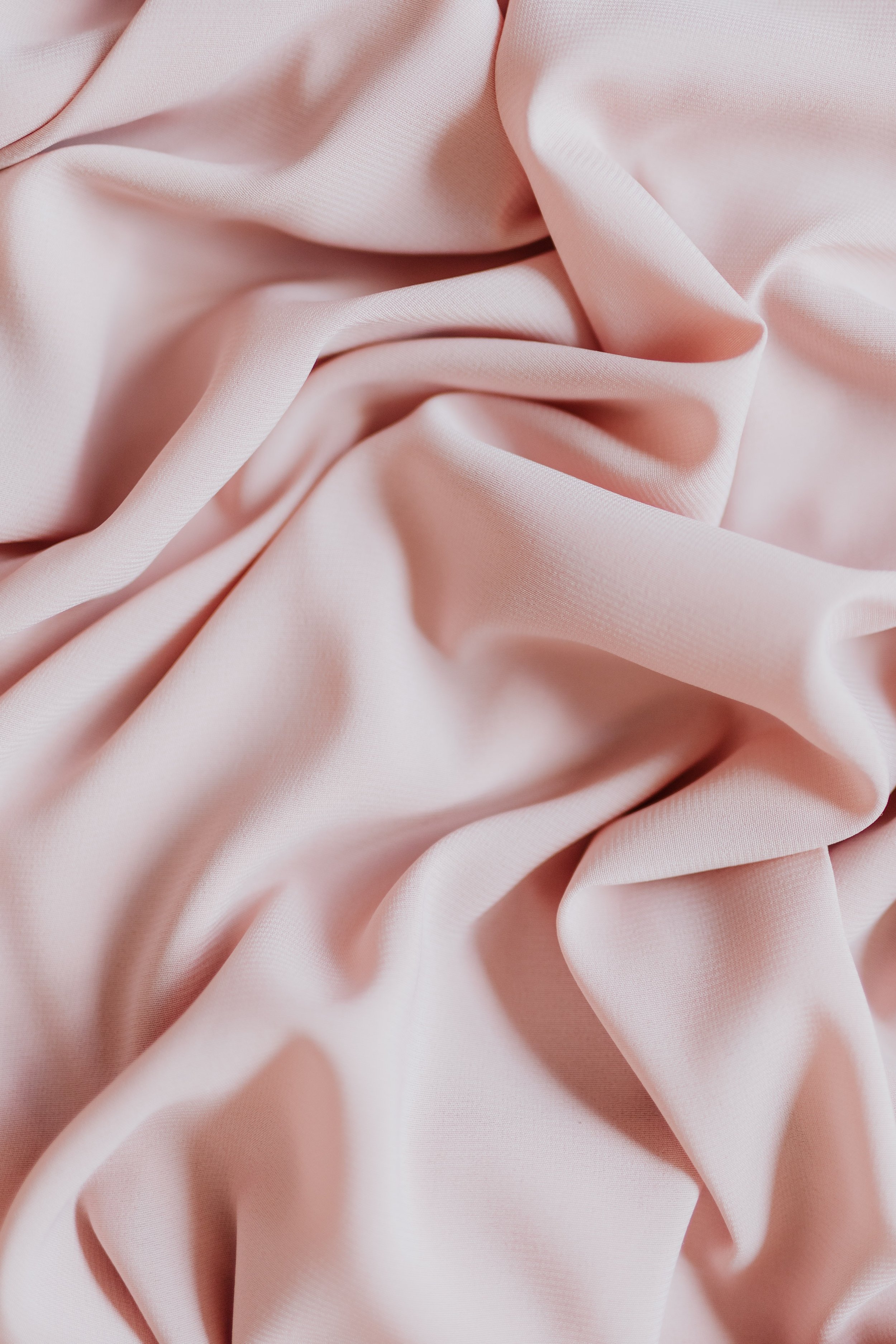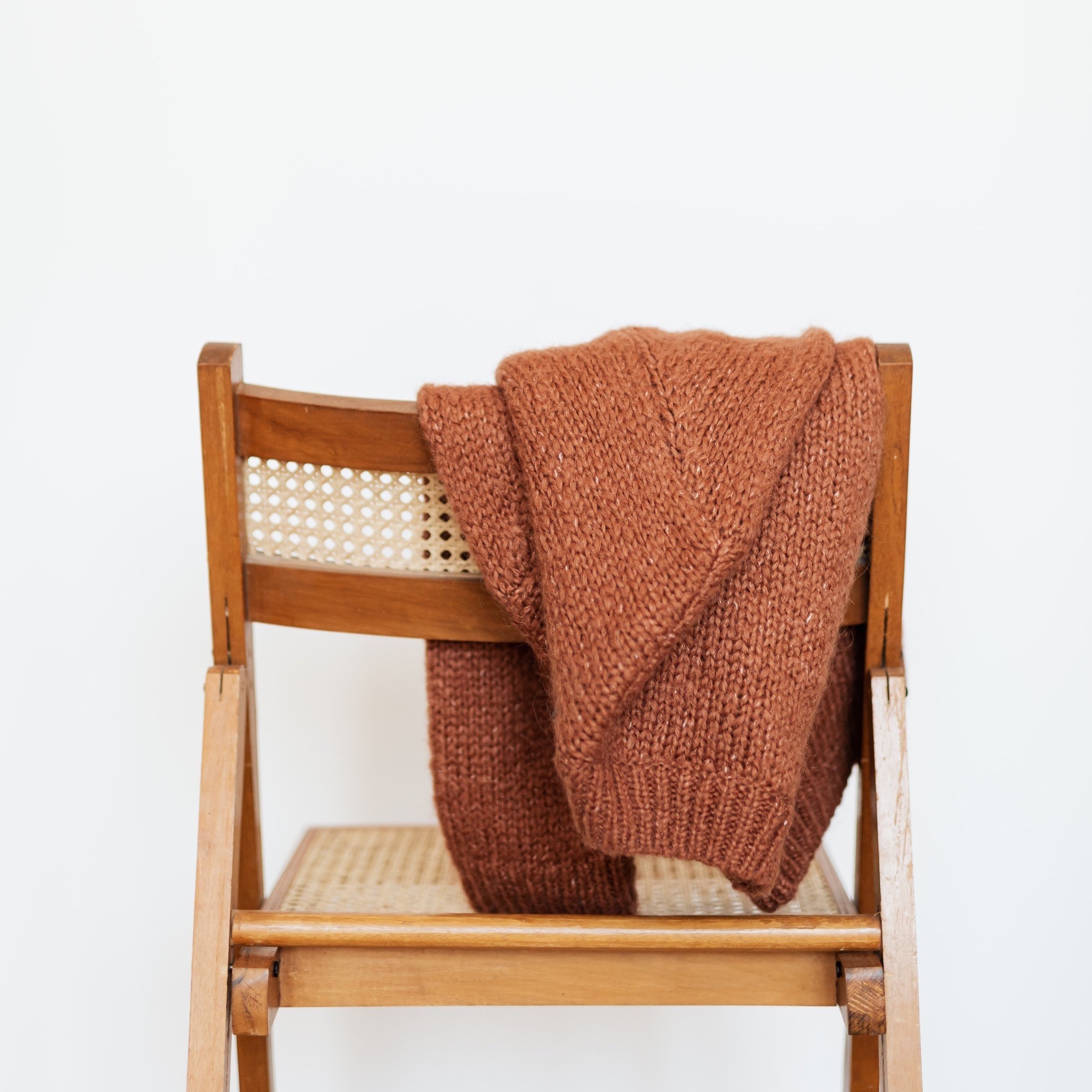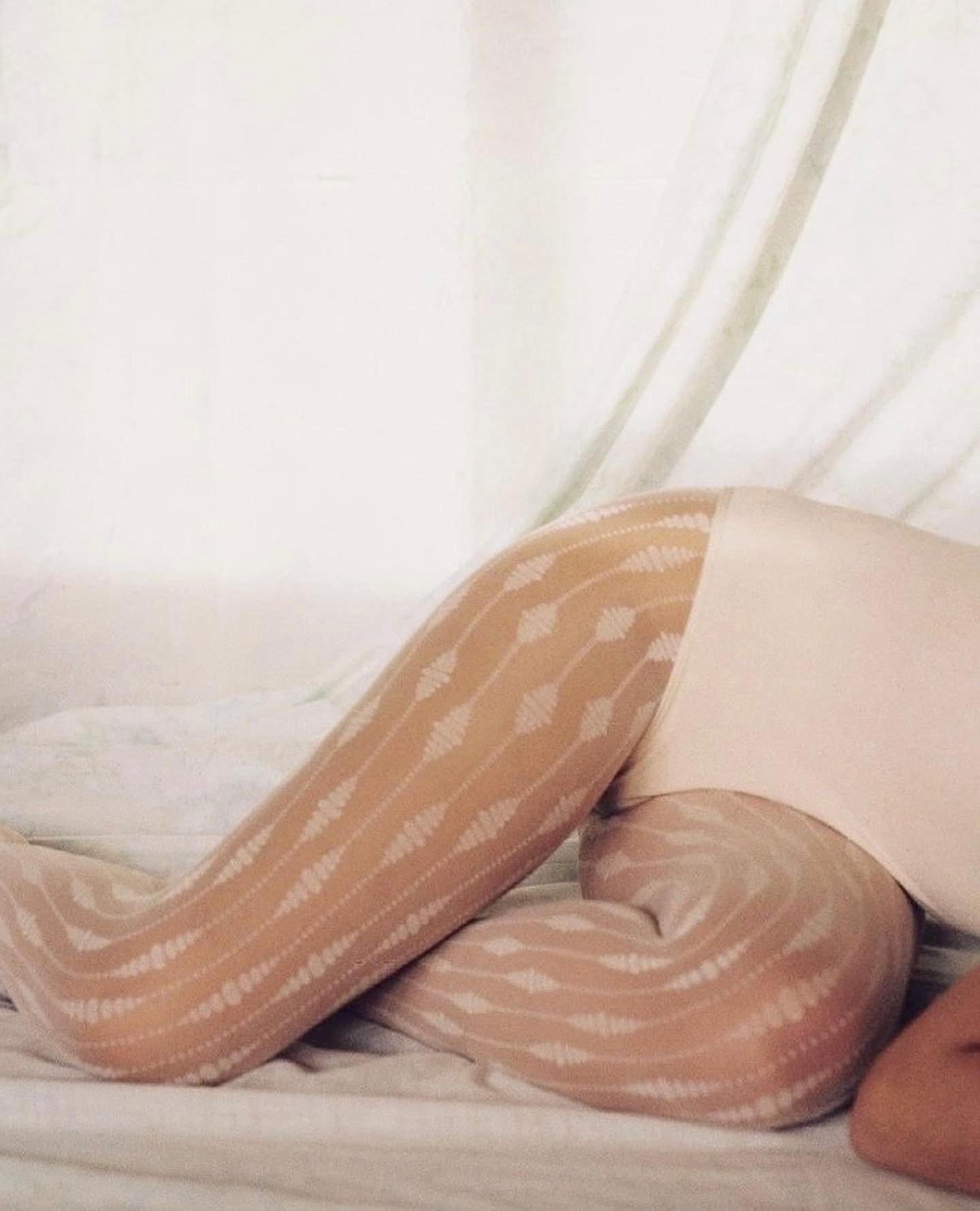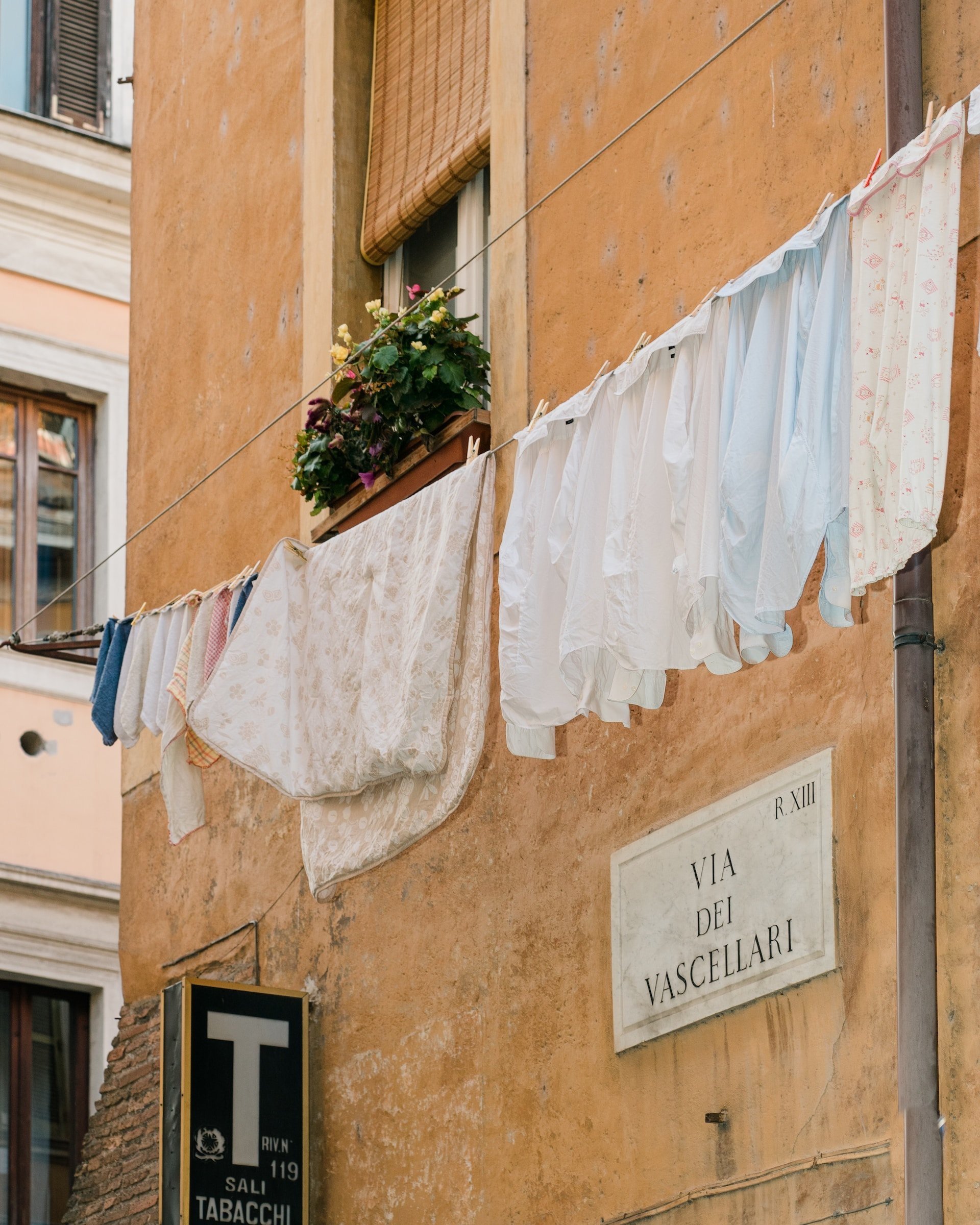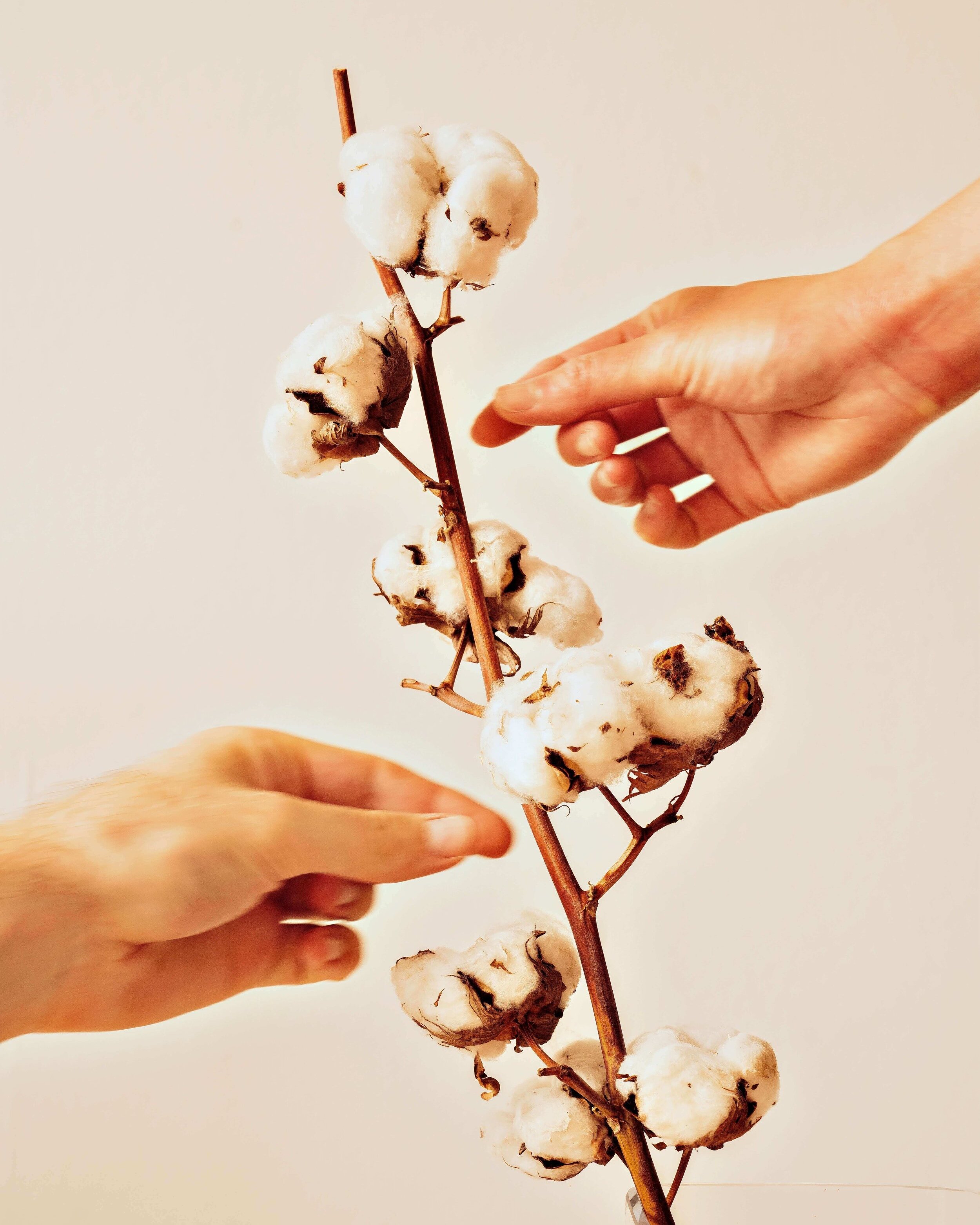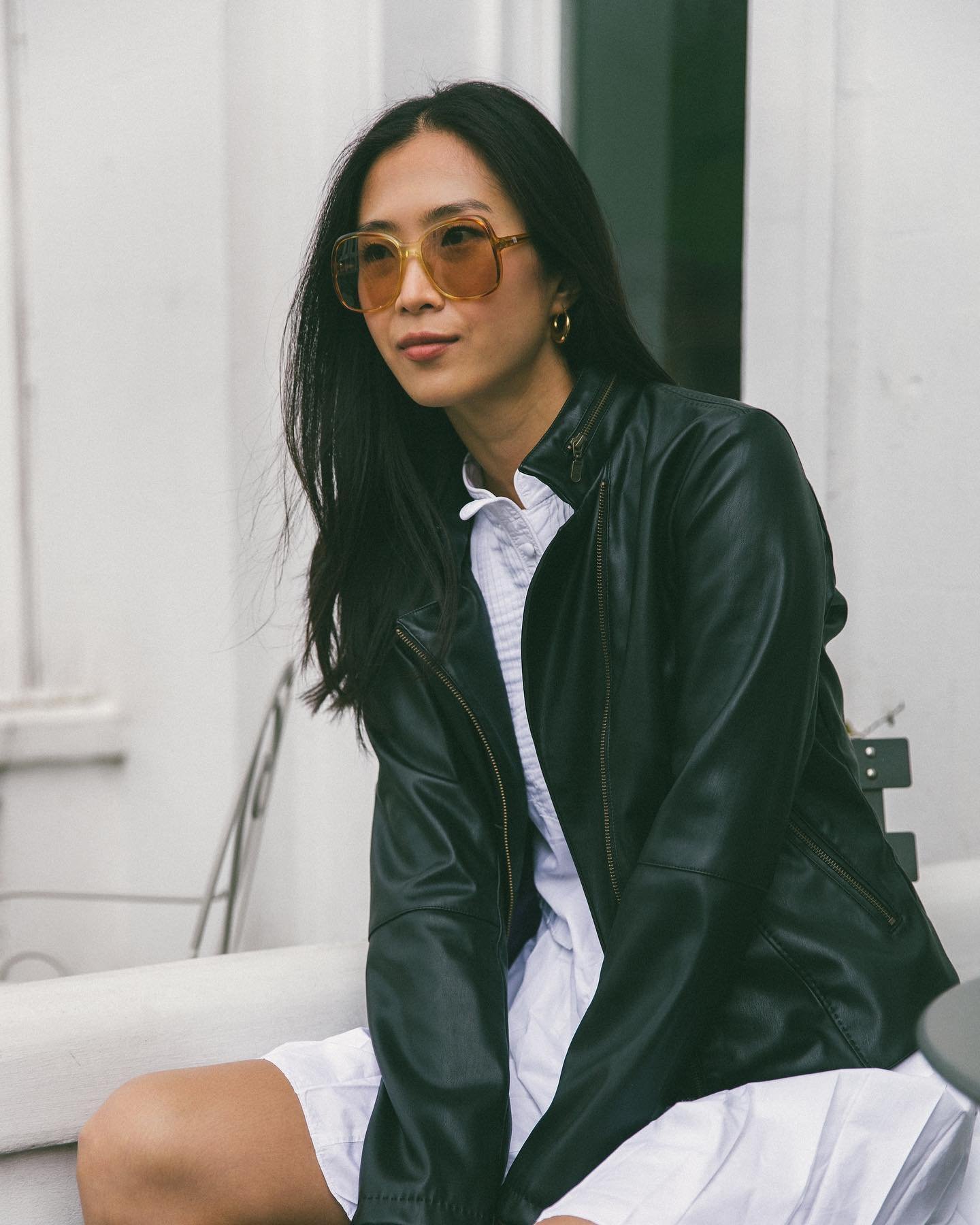Vegan Probiotics & Where You Can Find Them
Probiotics are the hot new(ish) player in the wellness world. Probiotics are live microorganisms that promote a healthy balance of gut flora when consumed. These gut-friendly microbes are generally bacteria but can also include yeasts.
There has been an explosion of interest in the role probiotics play in human health - and for good reason. There’s an increasing body of research pointing to the link between gut health (in particular, a healthy balance of gut-microbiome),and overall health and disease.
The Benefits of Probiotics
Probiotics help balance the “good’ bacteria in your digestive system. Gut imbalances mean there’s too much “bad” and not enough “good” bacteria - this can happen due to an illness, strong meds, poor diet, etc.
Other benefits of probiotics are not as well researched. For example, consuming probiotics may help lower LDL aka“bad” cholesterol and improve heart health. Some studies also show that probiotics may improve the immune system, but more research is needed in this field.
Probiotics can be consumed through fermented foods or supplements. If you’re considering supplements, we recommend speaking with your doctor before starting something new. When it comes to consuming probiotics through food, the most well-known source is yogurt (and other fermented dairy products). But if you are looking for plant-based sources, fear not!
We’ve compiled a list of 6 vegan probiotic rich sources for you:
1. Kimchi
This one deserves its spot at the top of the list. Kimchi is a traditional Korean dish of fermented and salted veggies, typically napa cabbage or radish, but there are a ton of variations using different vegetables. It’s super flavorful - tangy, umami, and definitely has a kick to it. Add a couple of pieces to your rice bowls or justenjoy as a snack!
2. Vegan Yogurt
While regular yogurt definitely contains naturally occurring probiotics, there are plenty of vegan options that have added probiotics - such as this coconut yogurt from Harmless Harvest. Enjoy with some honey and berries for a refreshing breakfast, or browse their website for a ton of delicious recipes.
3. Miso
Miso is a fermented soybean paste that is a staple in Japanese cooking. You can make a simple miso soup (add silken tofu and seaweed to make it a complete meal), or use the miso in a dressing or marinade. It has a rich, umami flavor and is super savory and salty, but also has a slight tangy understone to it. Nothing can beat a warm bowl of miso soup of a chilly fall day!
4. Sauerkraut
Another fermented cabbage dish, sauerkraut is more tangy and less spicy than kimchi. It’s made by lactic acid fermentation and is characterized by its sharp sourness complemented by its crisp, crunchy texture. Like kimchi, enjoy a little bit of sauerkraut with any dish - for a nice boost of probiotics as well as brinysharpness!
5. Tempeh
Introducing tofu’s fermented cousin. Tempeh is another fermented soybean product that originated in Indonesia. Its texture is firmer and denser than tofu, and it has a nutty, earthy flavor. Along with its probiotic content, tempeh is a great source of plant-based protein - one serving (3 ounces) contains roughly 15-20 grams of protein.
6. Kombucha
The only drink on this list, kombucha is a fermented tea beverage that is made fermenting sweetened tea with SCOBY (symbiotic culture of bacteria and yeast). It’s super tangy and has a slight fizz. When choosing your bottle of kombucha at the grocery store, make sure you read the ingredients carefully - many brands will add in a ton of added sugar which you want to try and steer clear of.
Finally, a short note on prebiotics, which are often forgotten but are equally important. Prebiotics are non-digestible fibers found in certain foods that feed the “good” gut bacteria and promote probiotic growth. Some good sources of prebiotics are asparagus, garlic, onion, banana, and tomatoes.
MAKE SURE TO PIN THE PHOTO BELOW TO SAVE THIS POST FOR LATER!
Searching for SUSTAINABLE BRANDS?
The Brand Directory features hundreds of sustainable brands approved by us!
We have broken everything down by category for easy shopping, along with discount codes unique to Sustainably Chic viewers.




